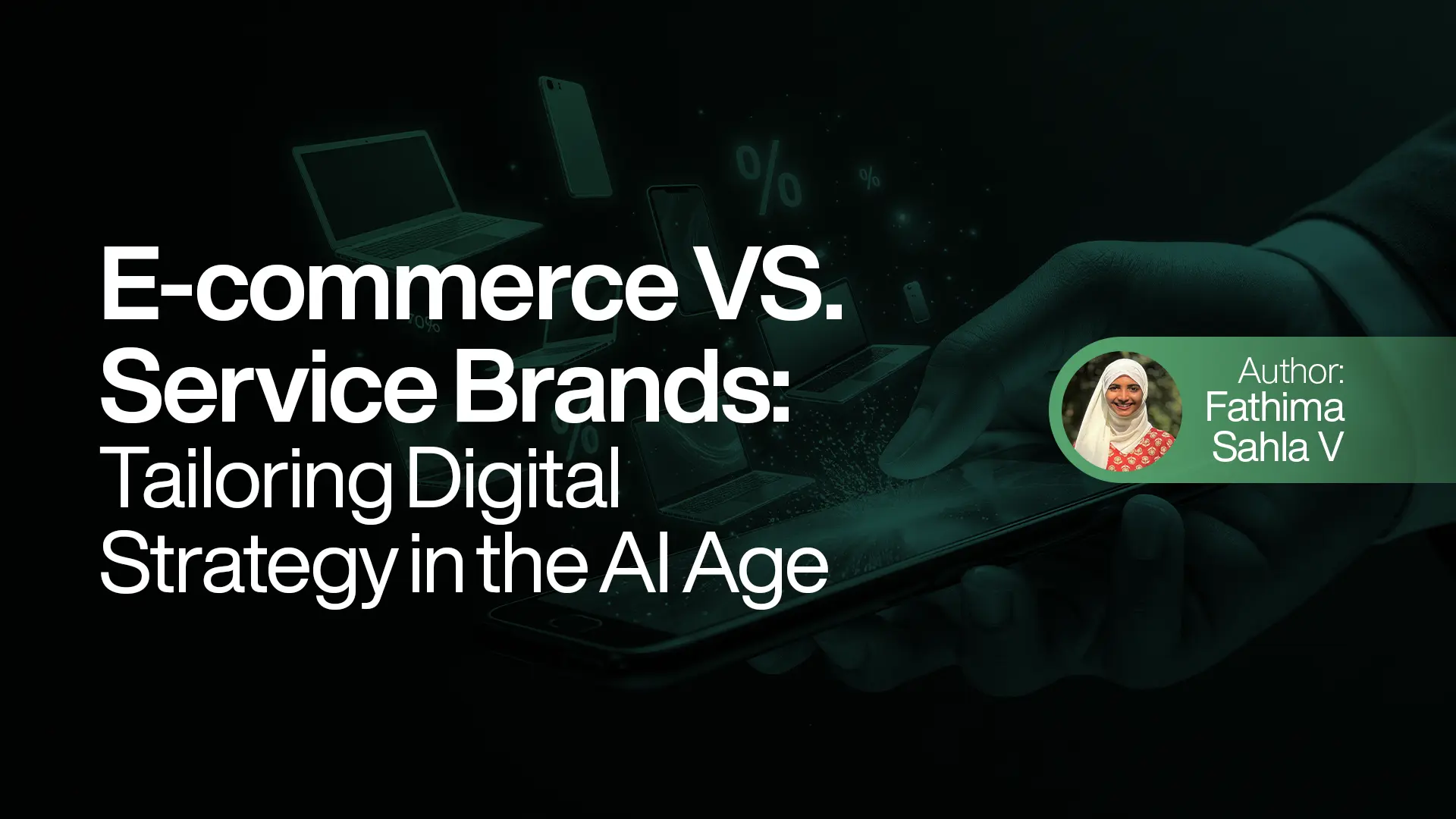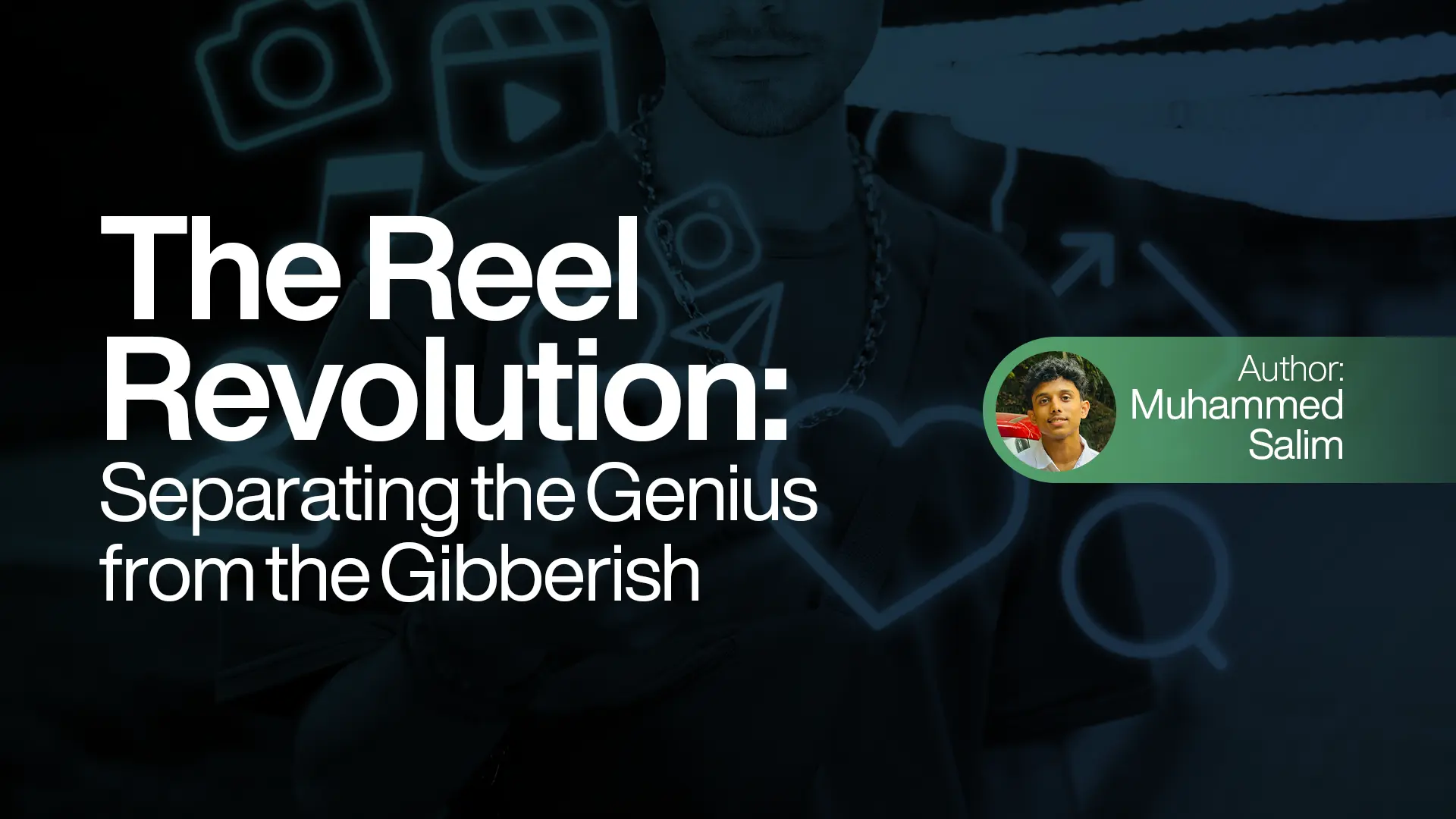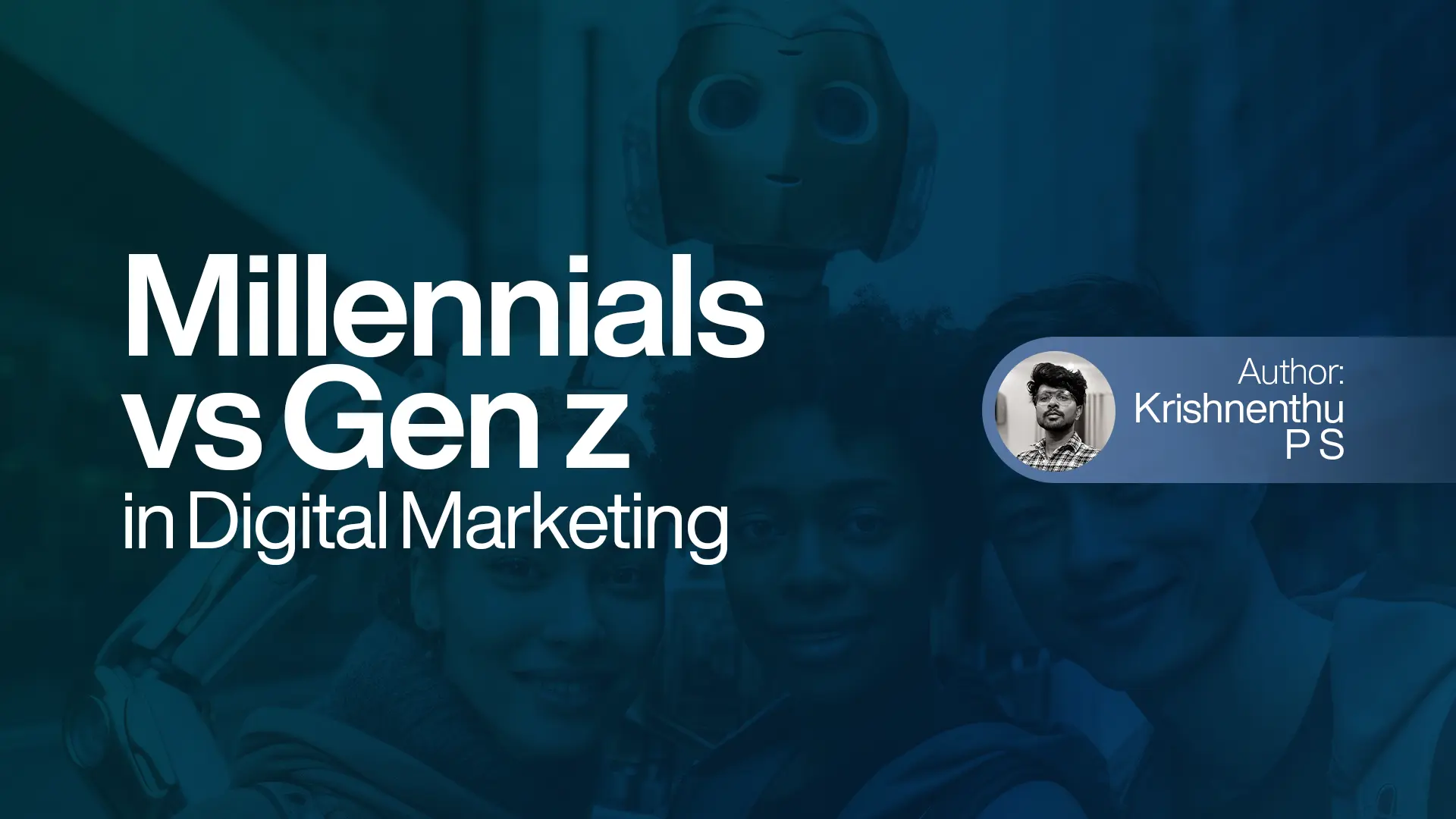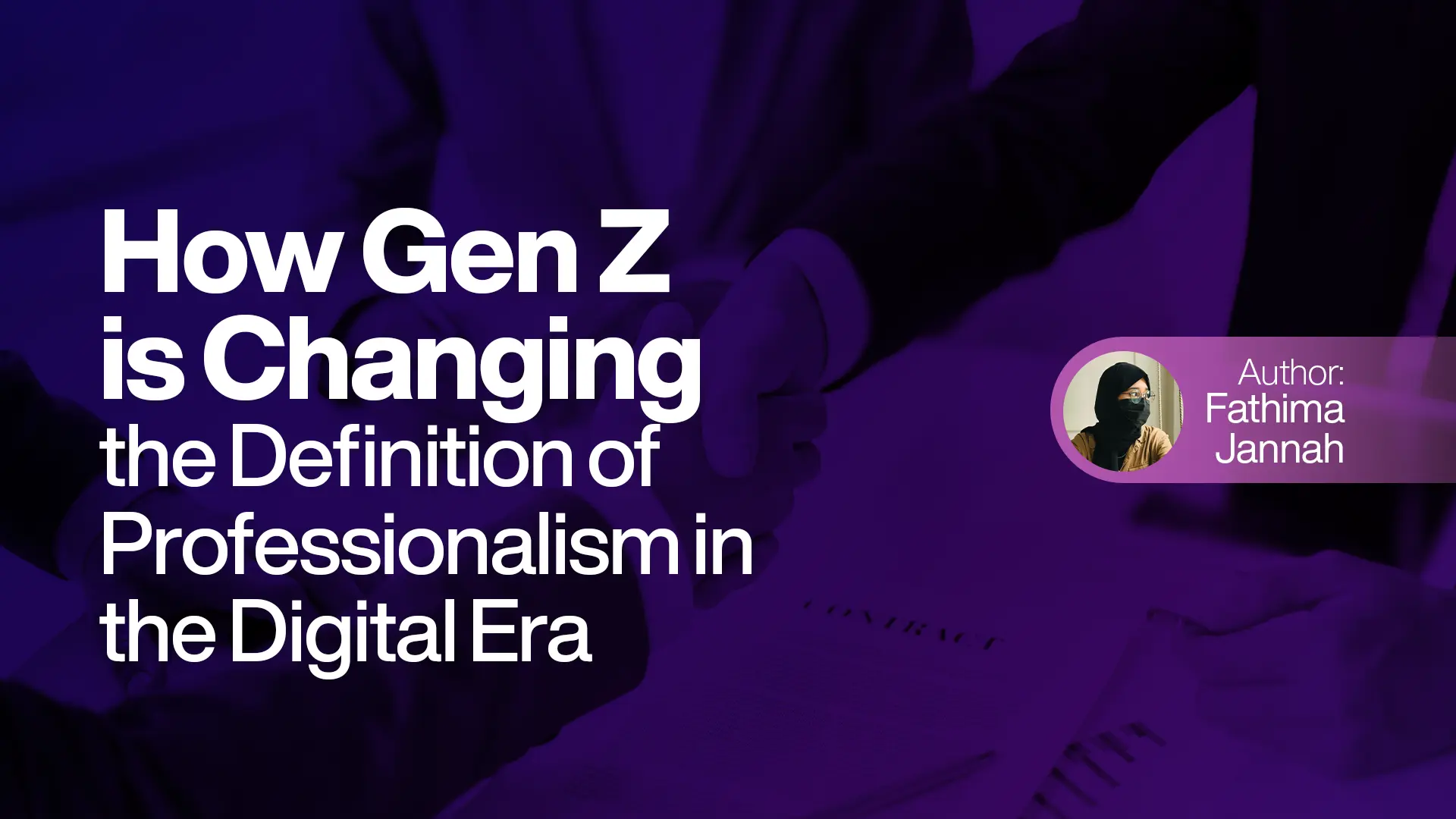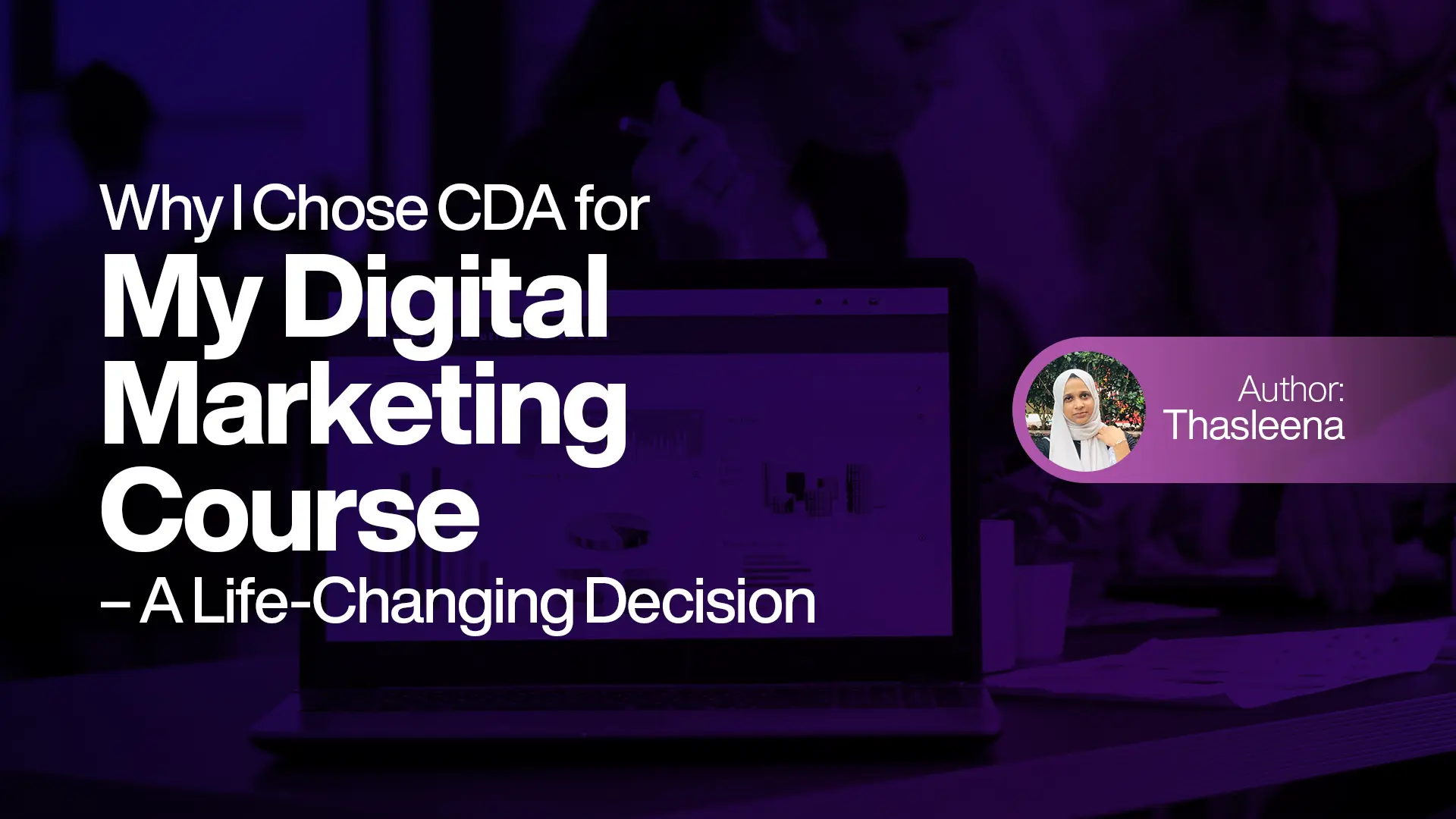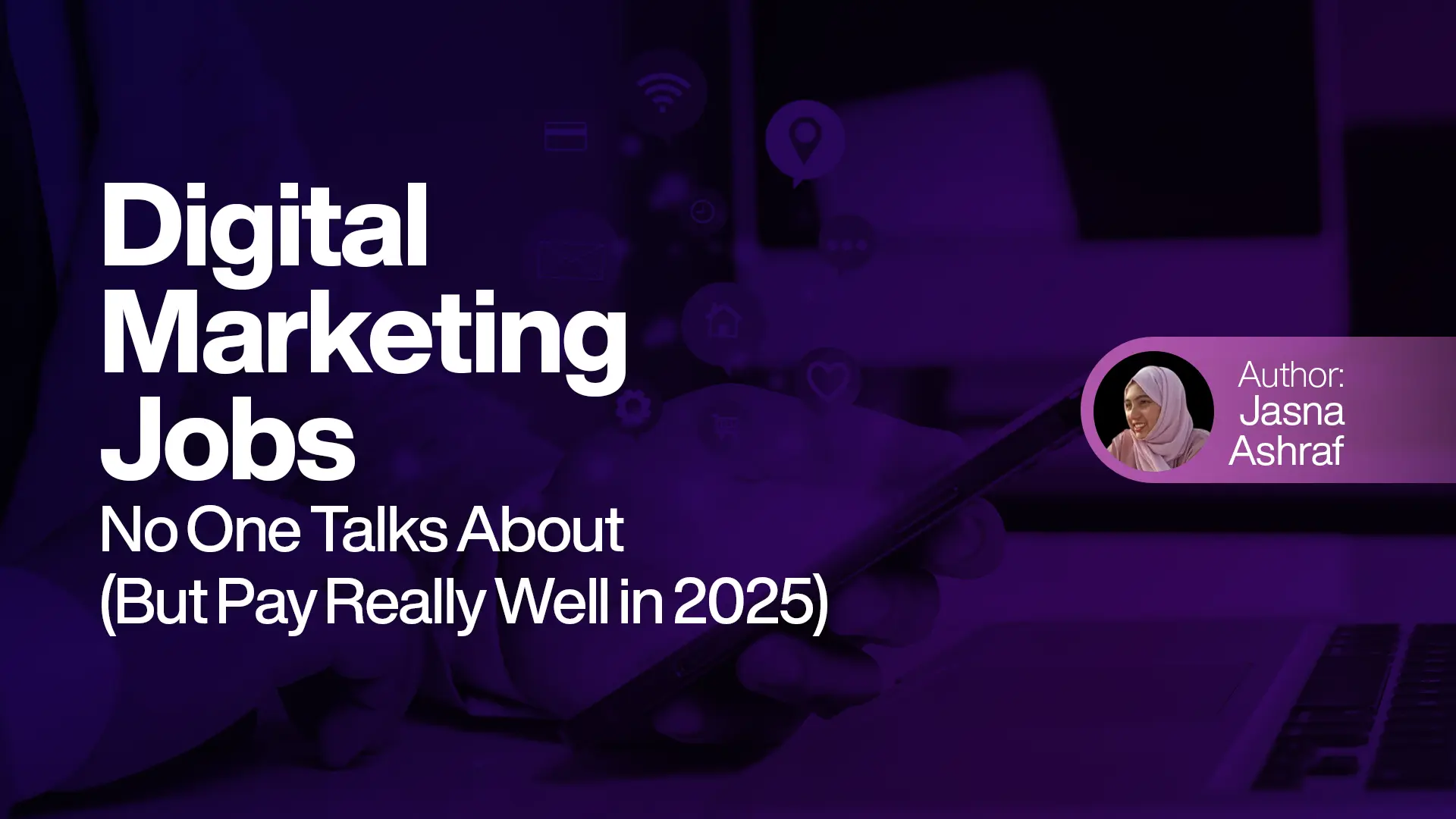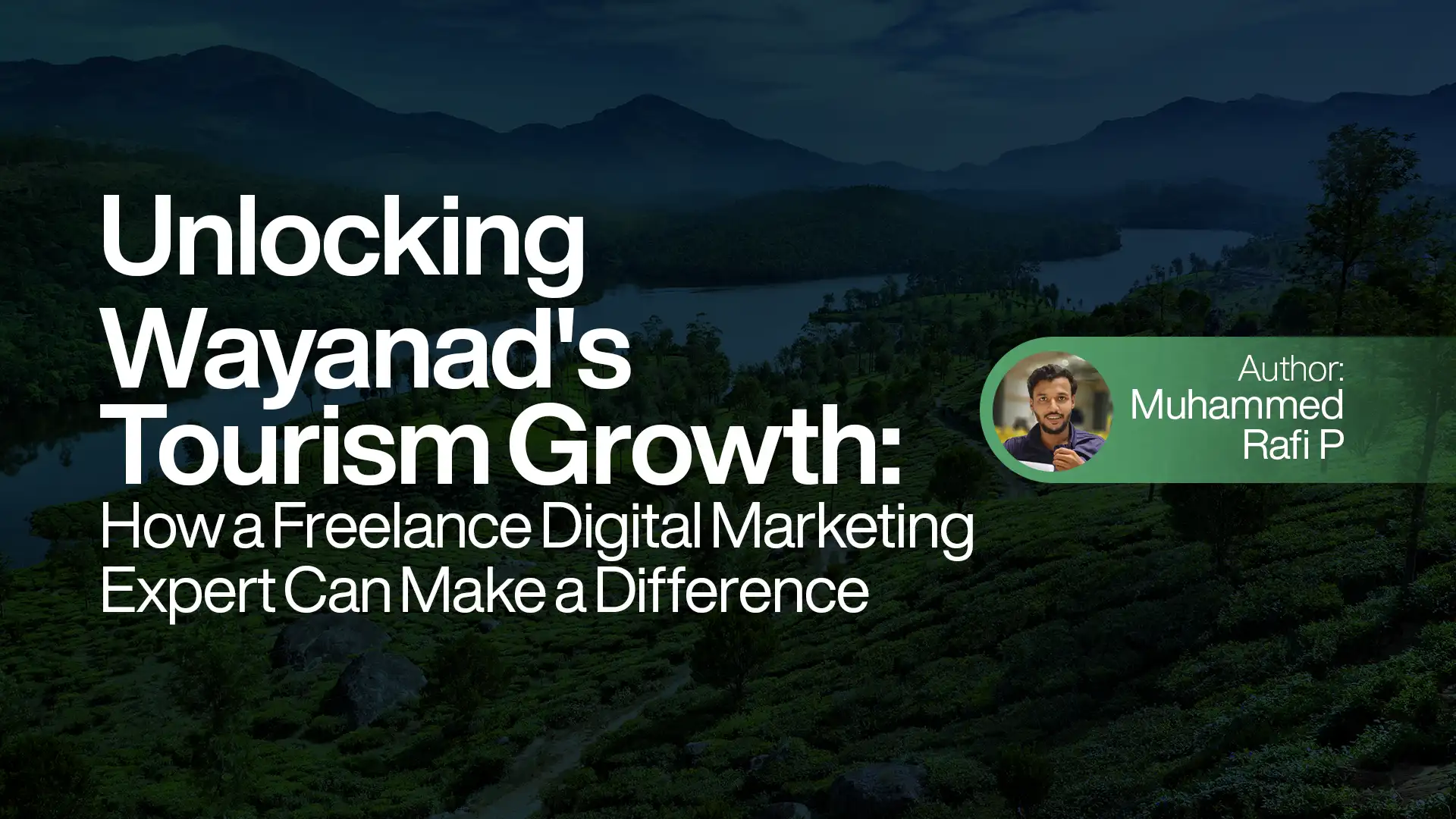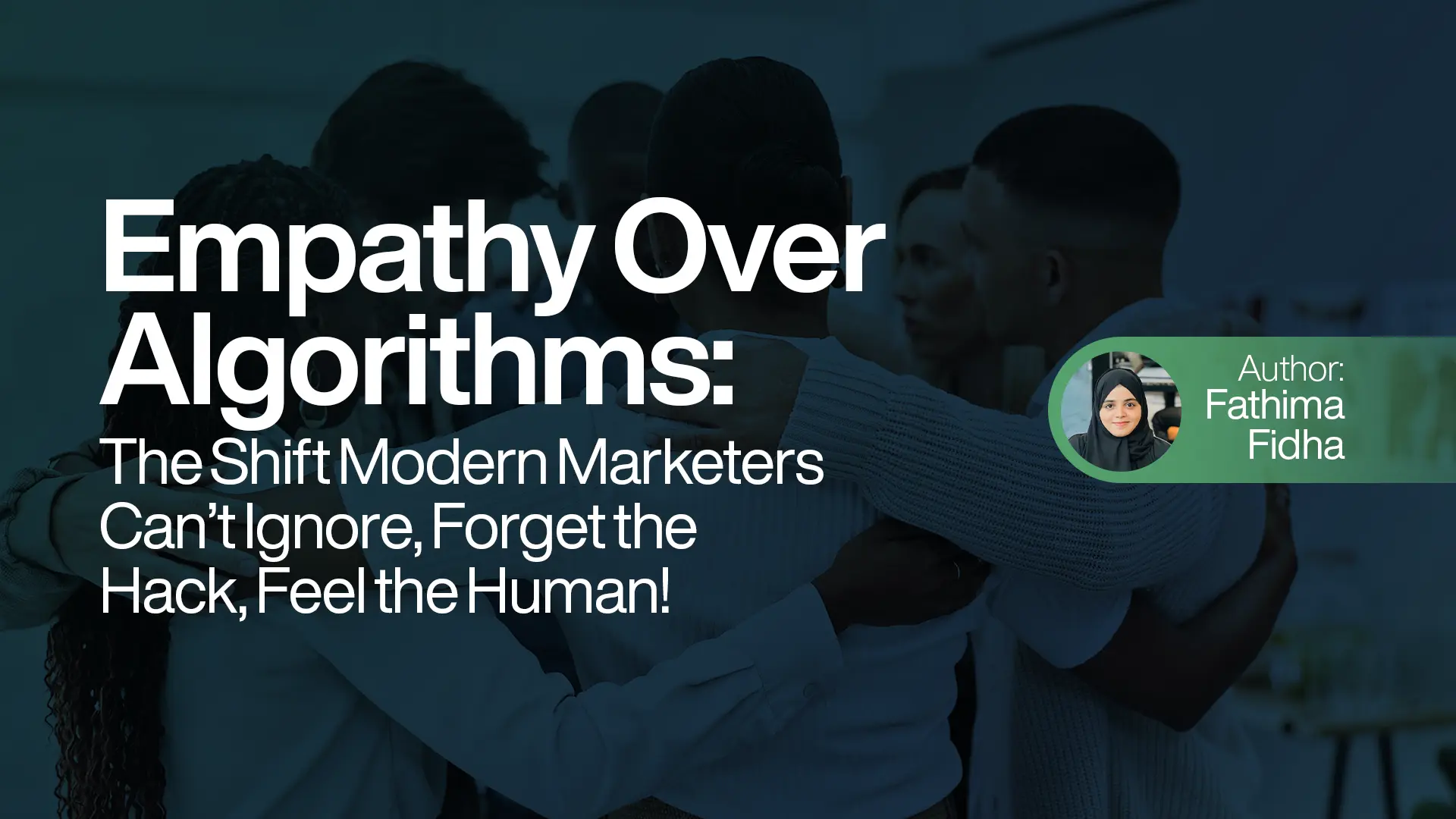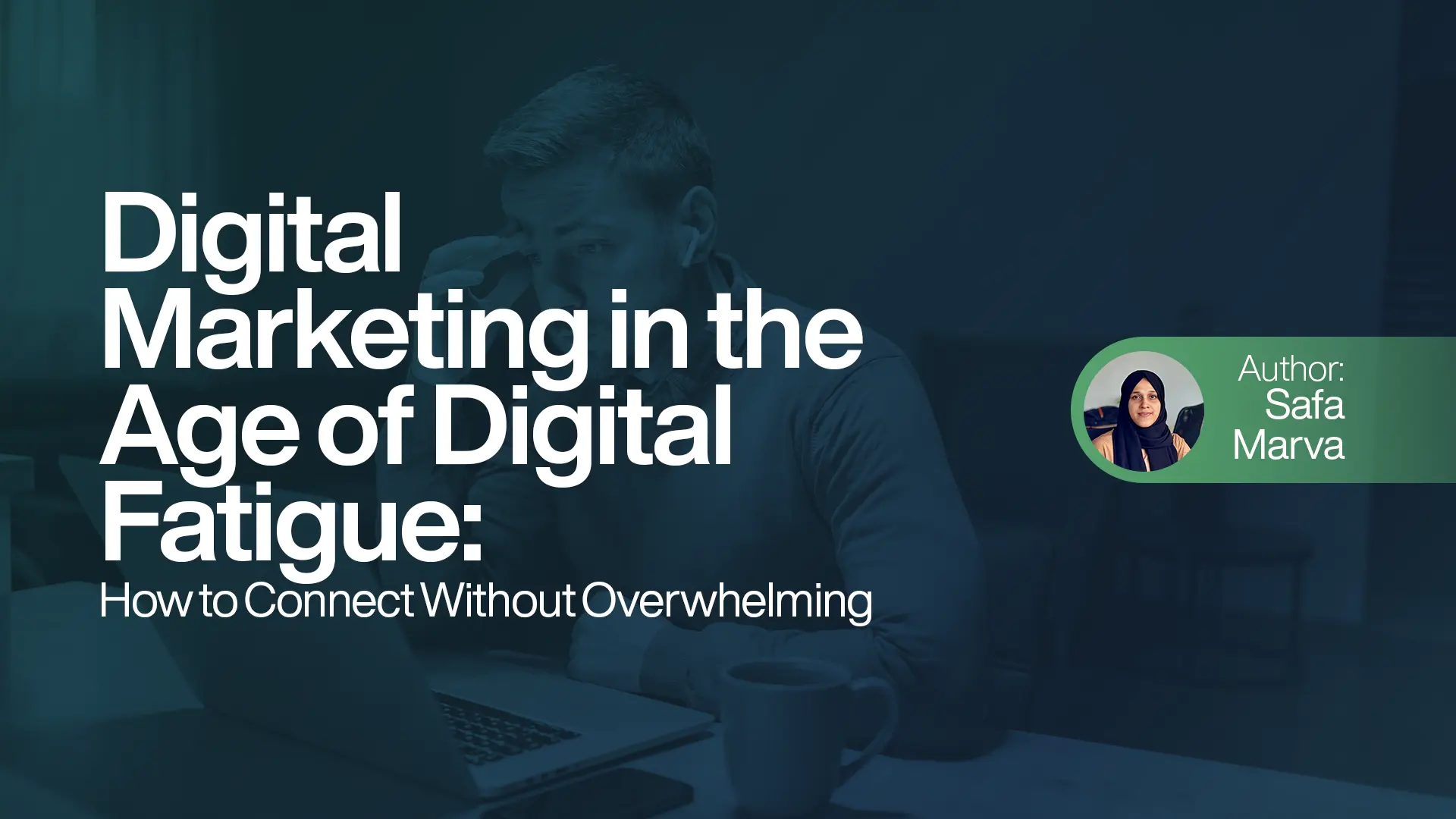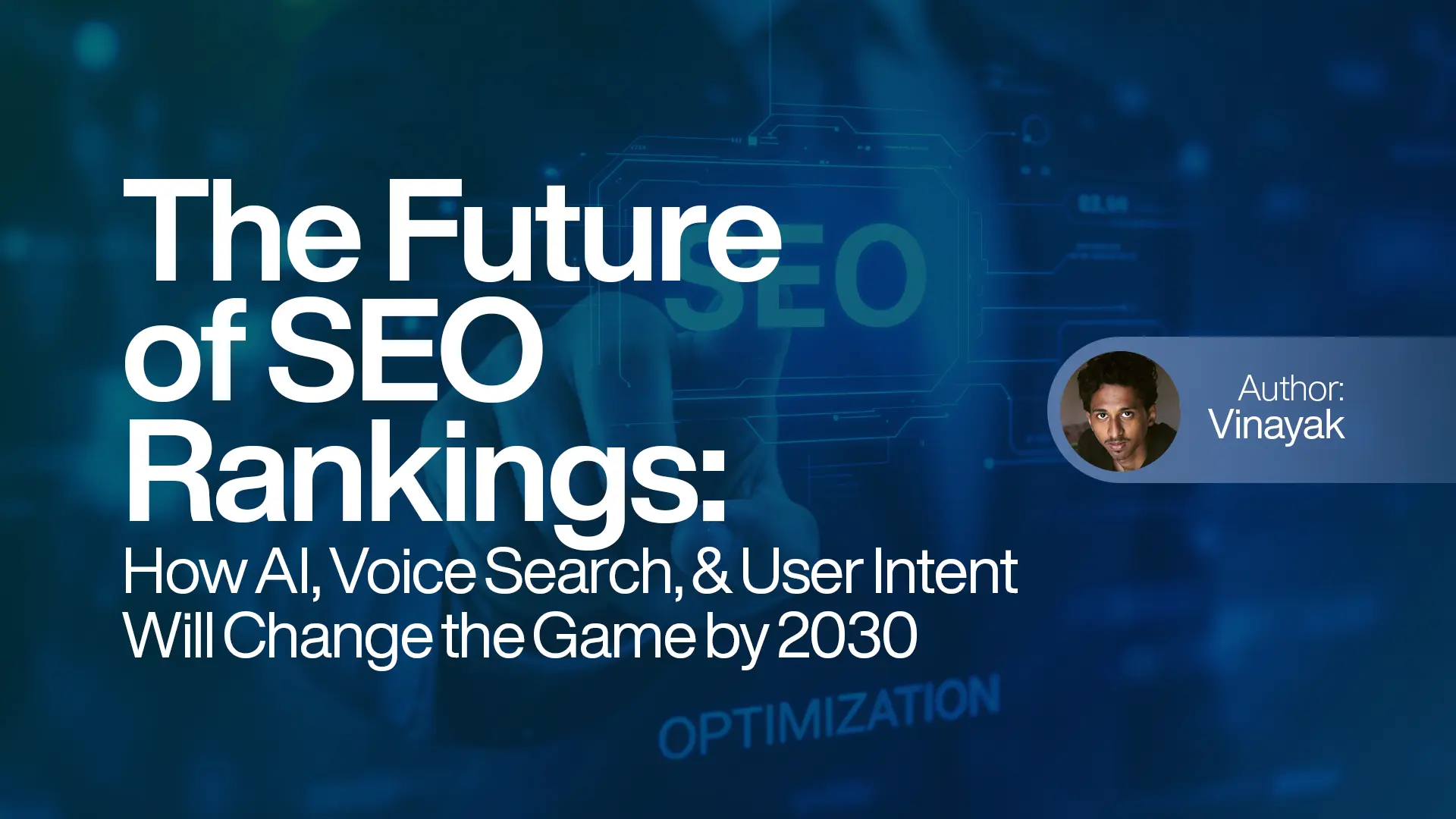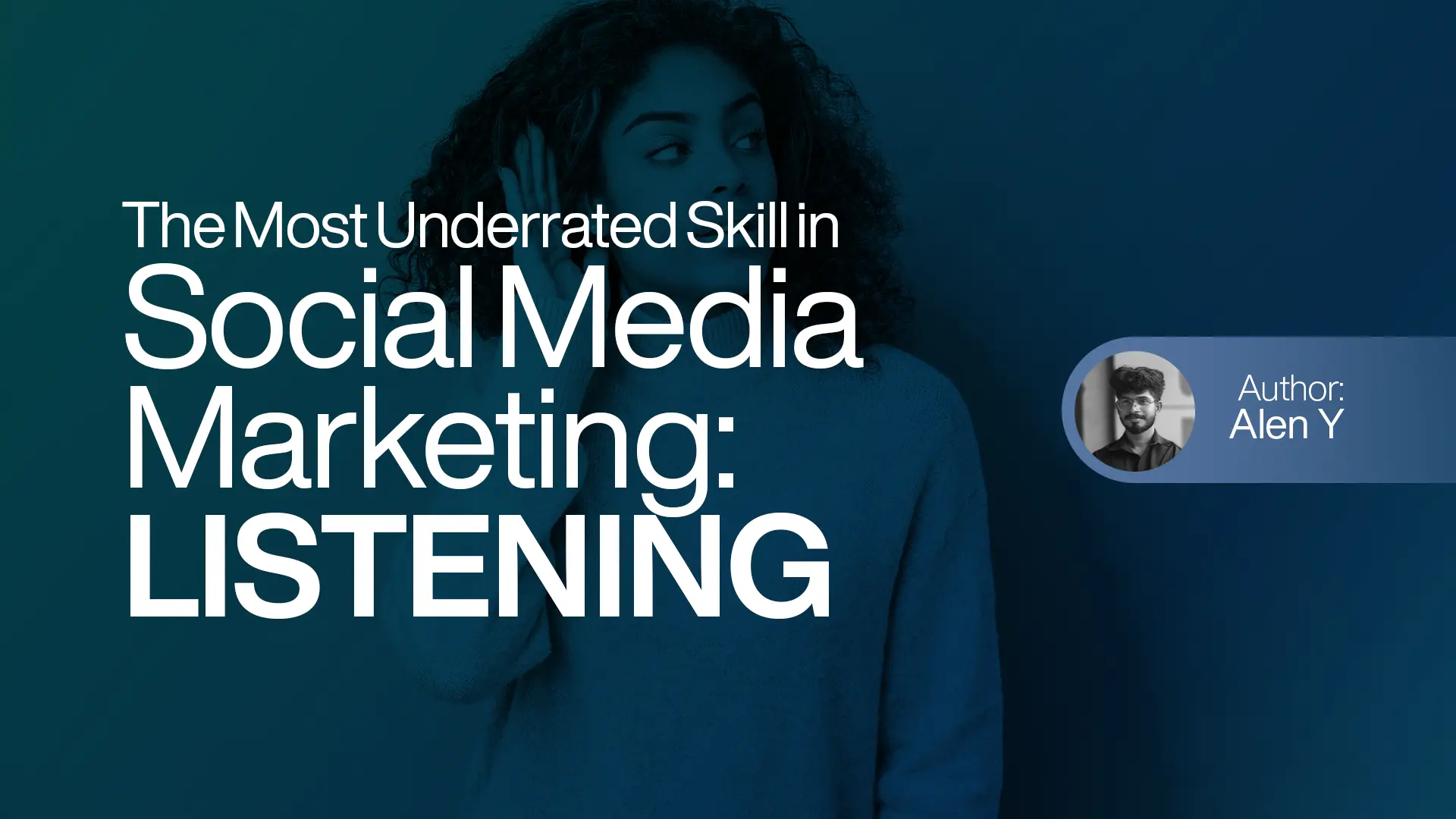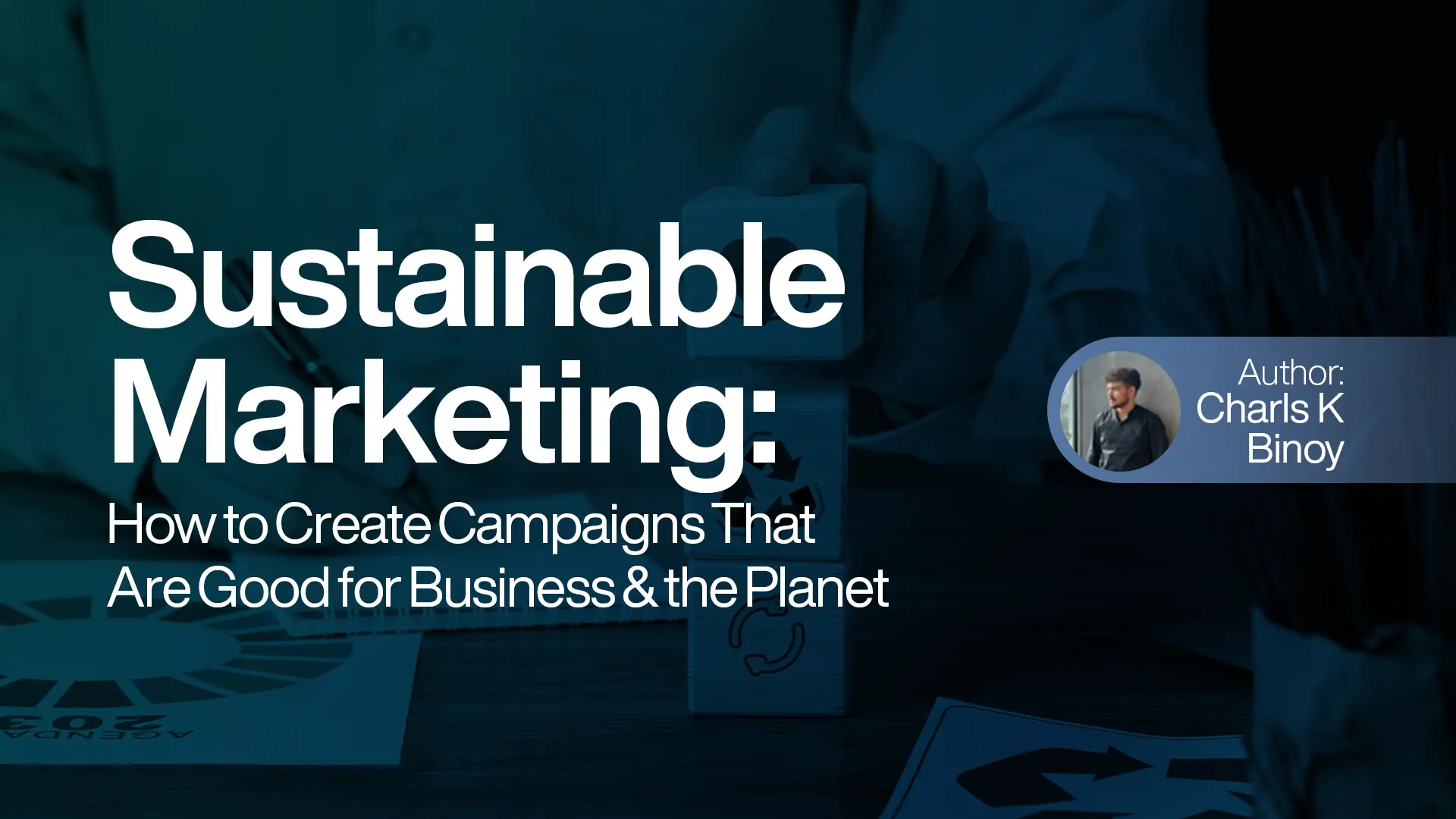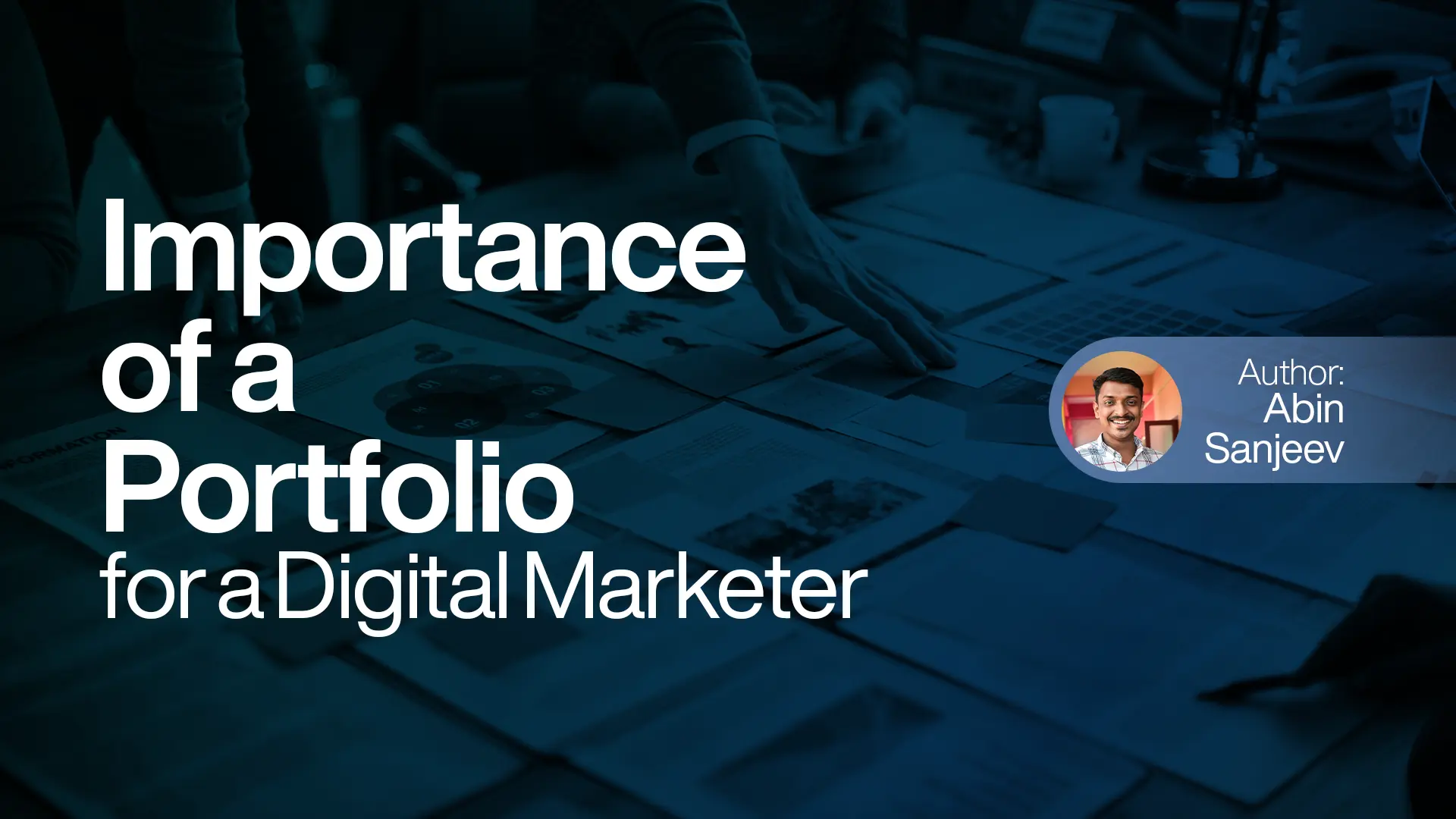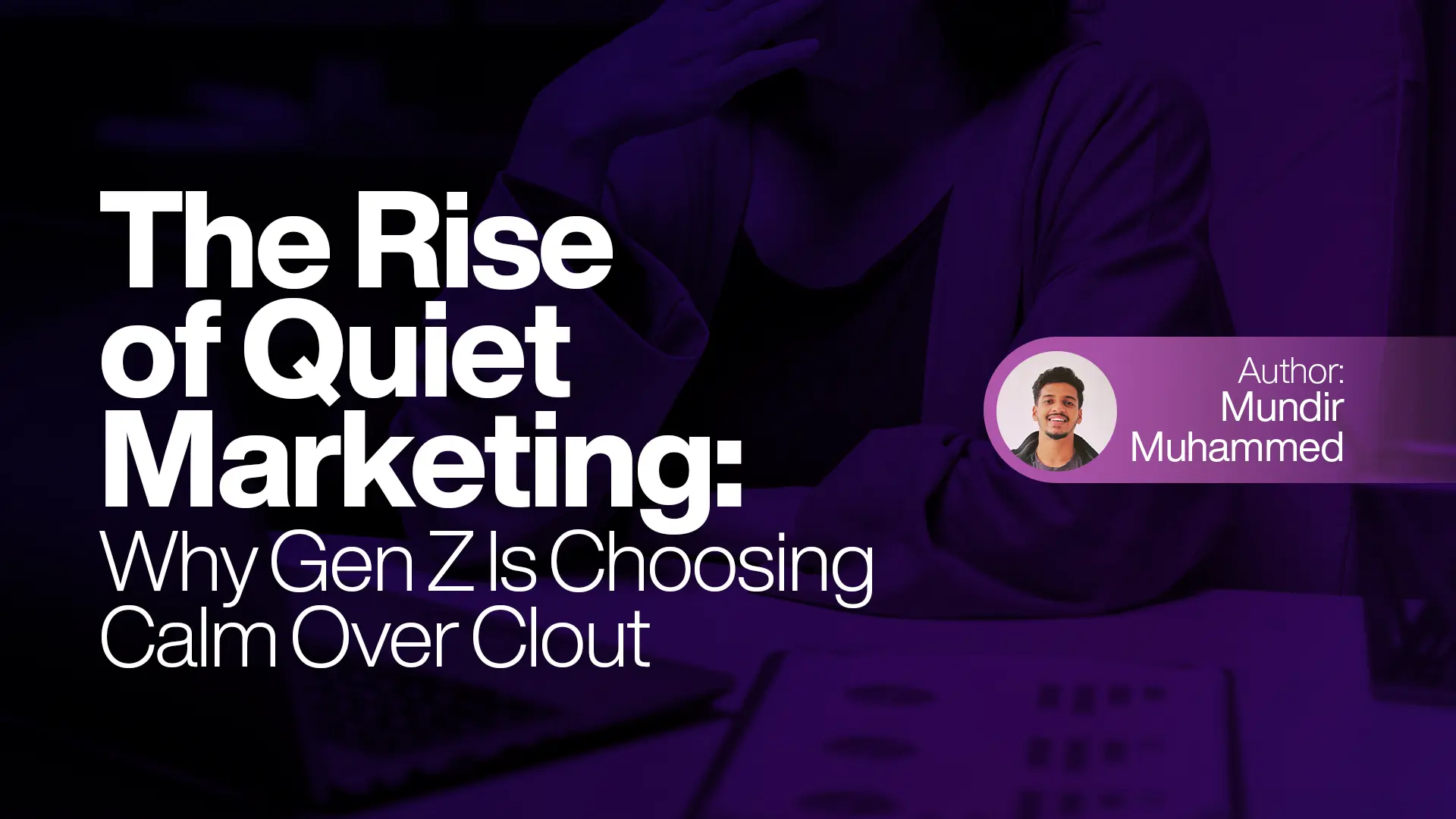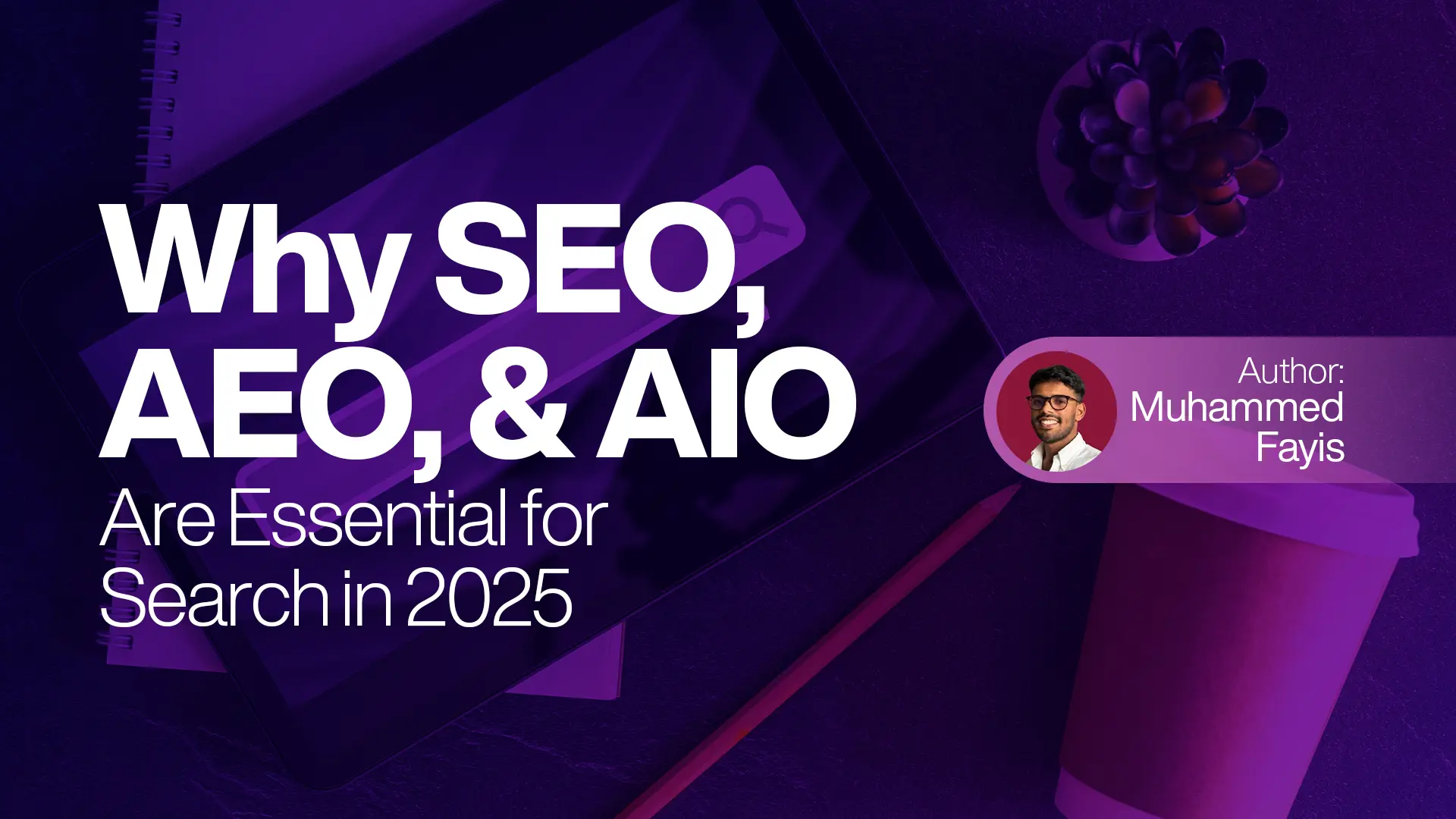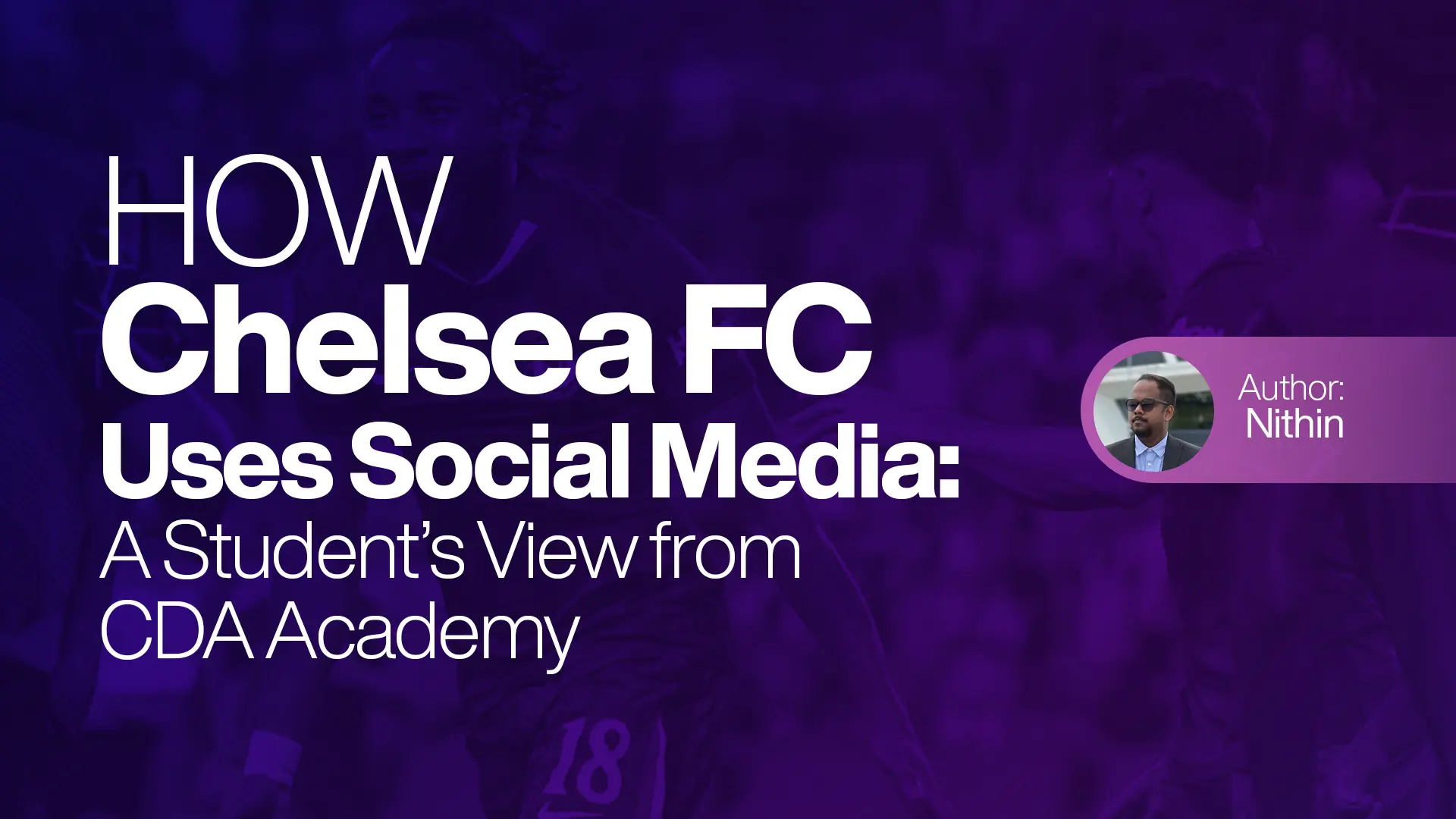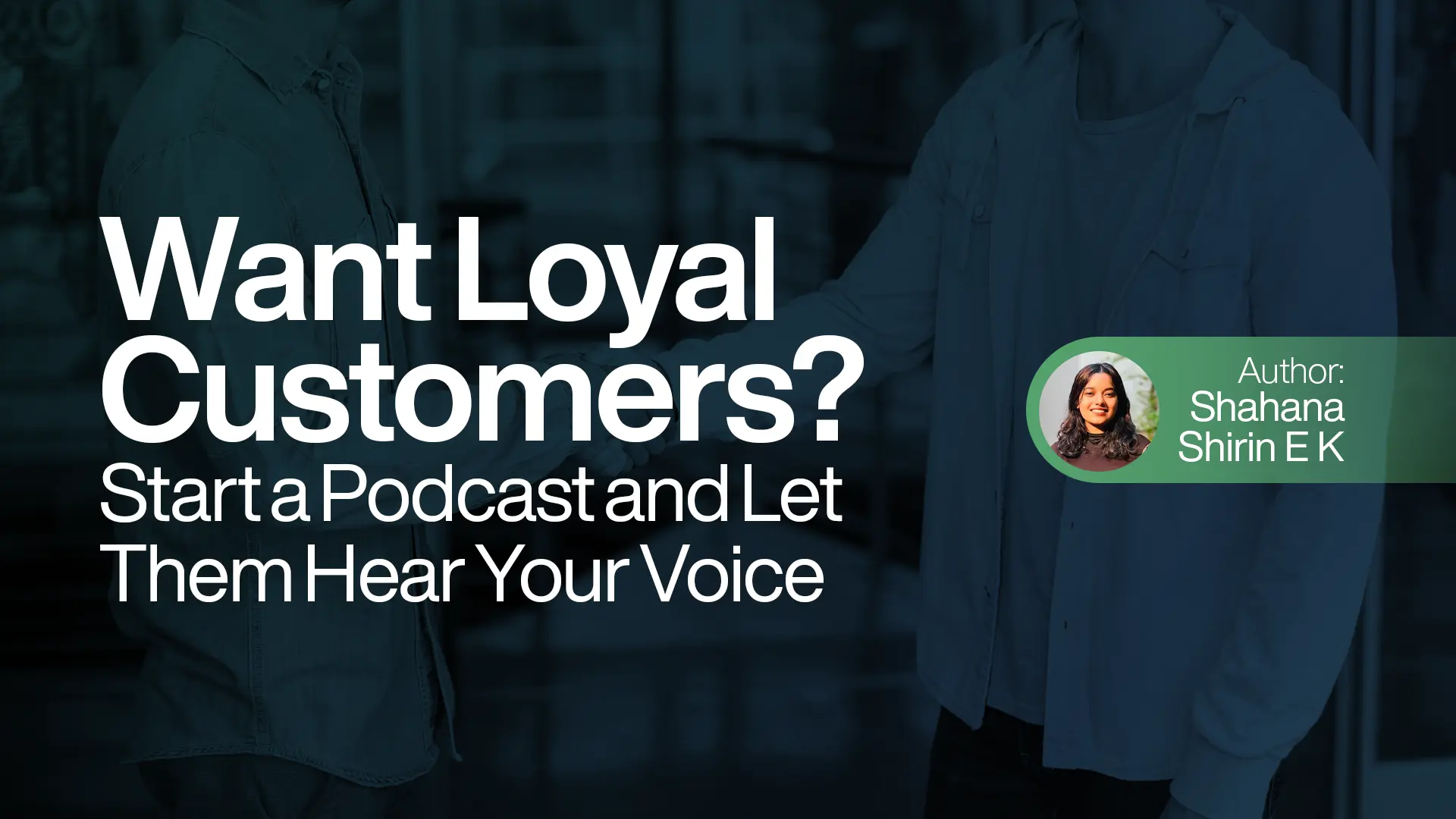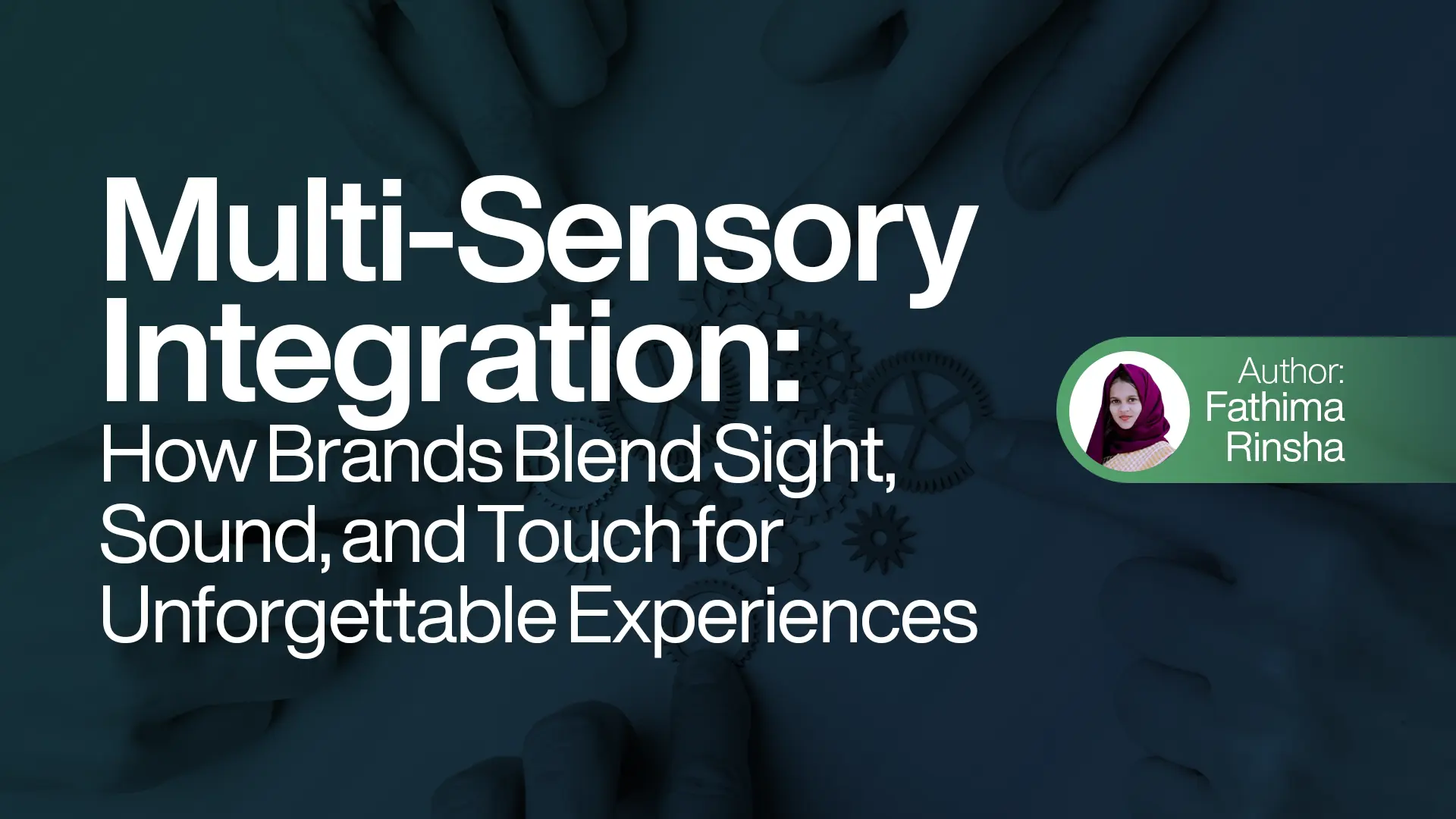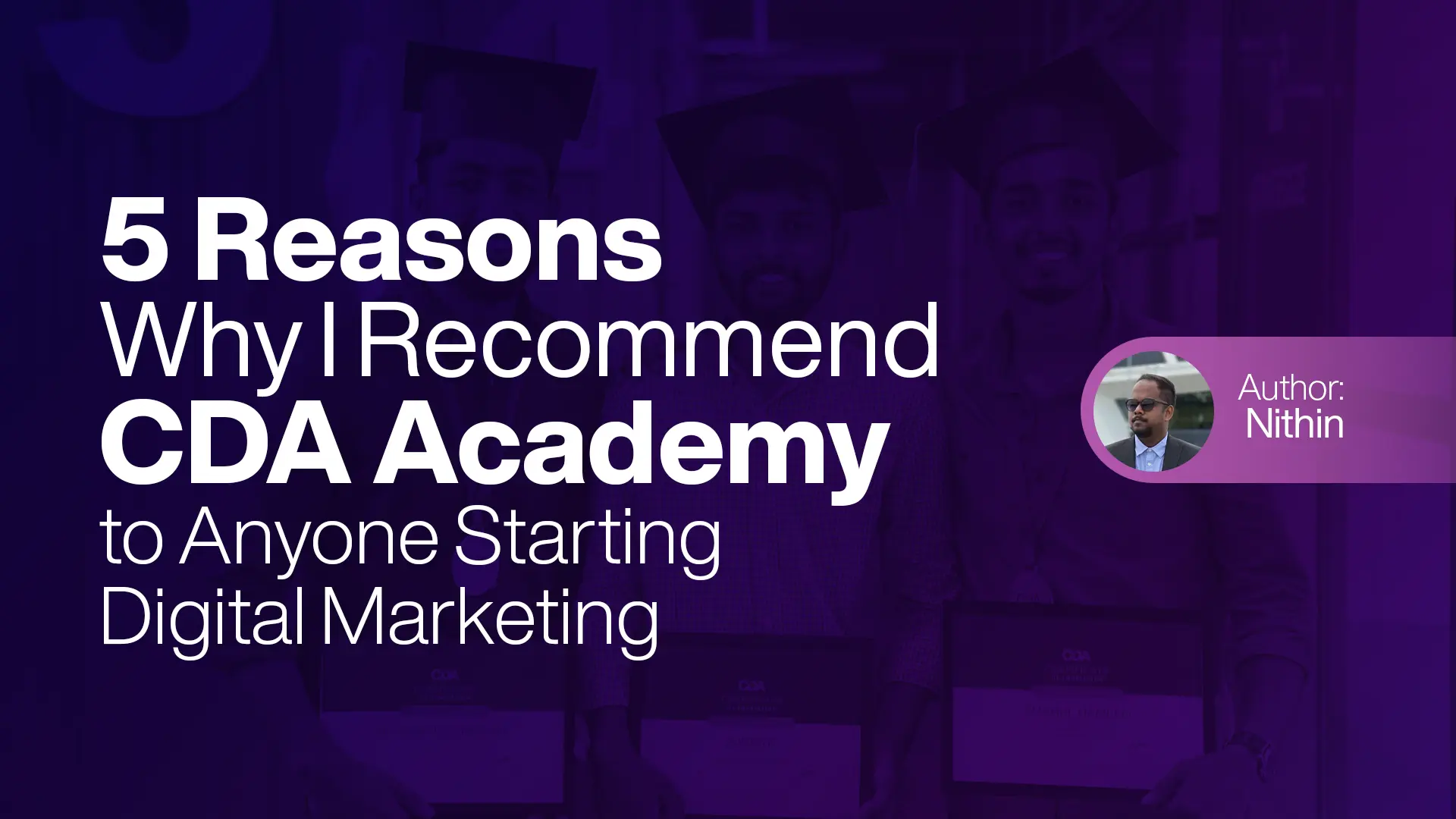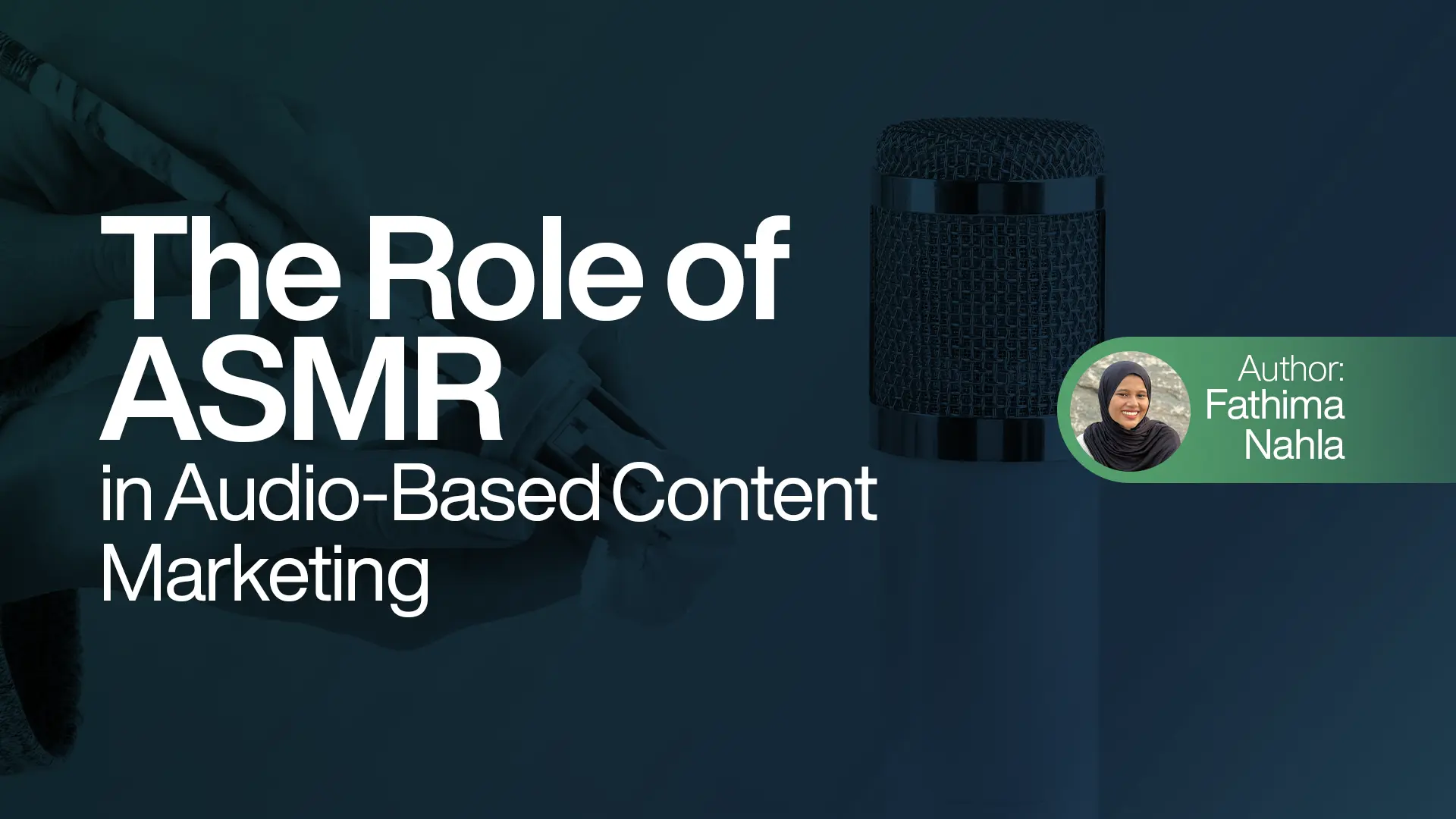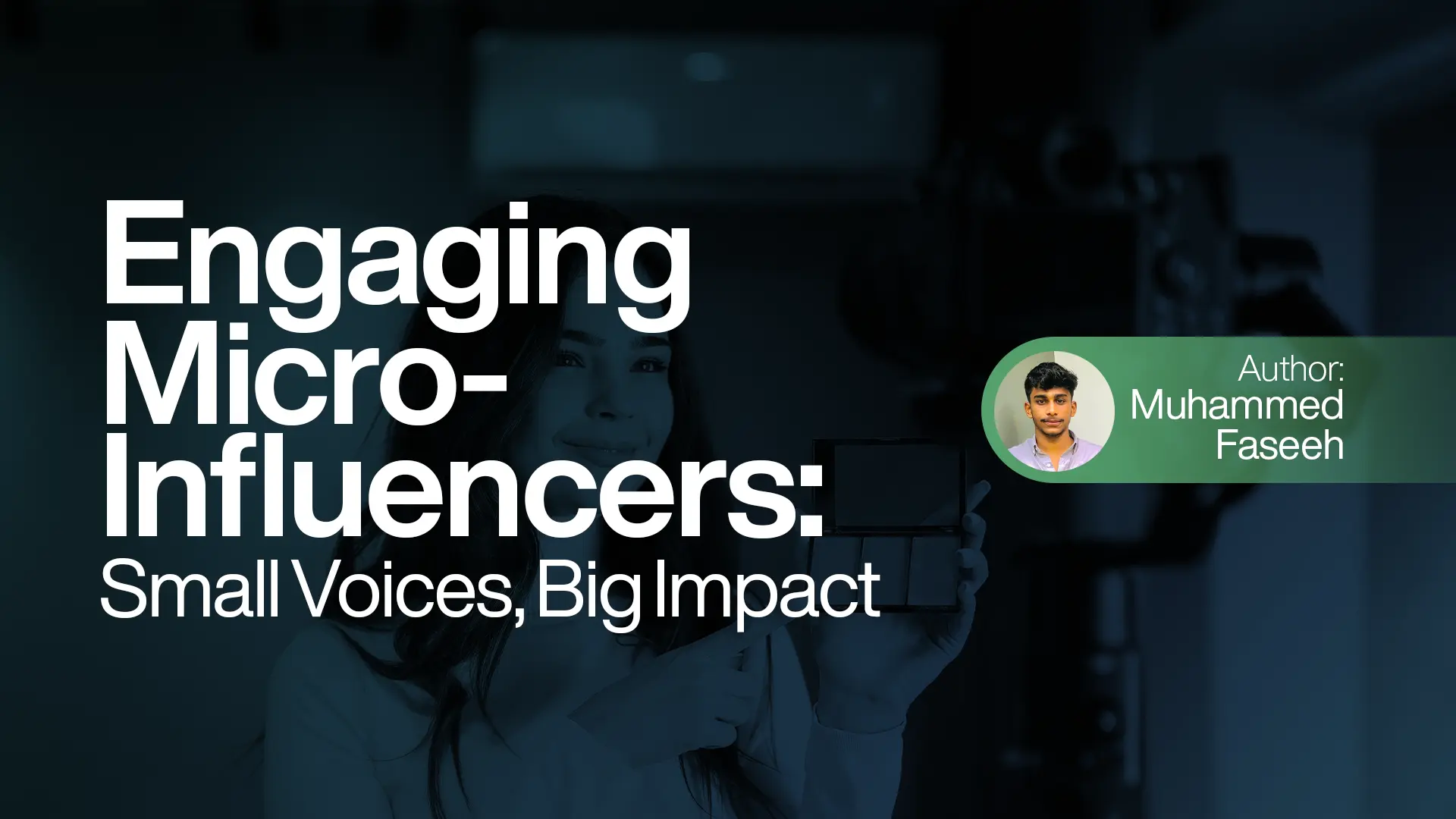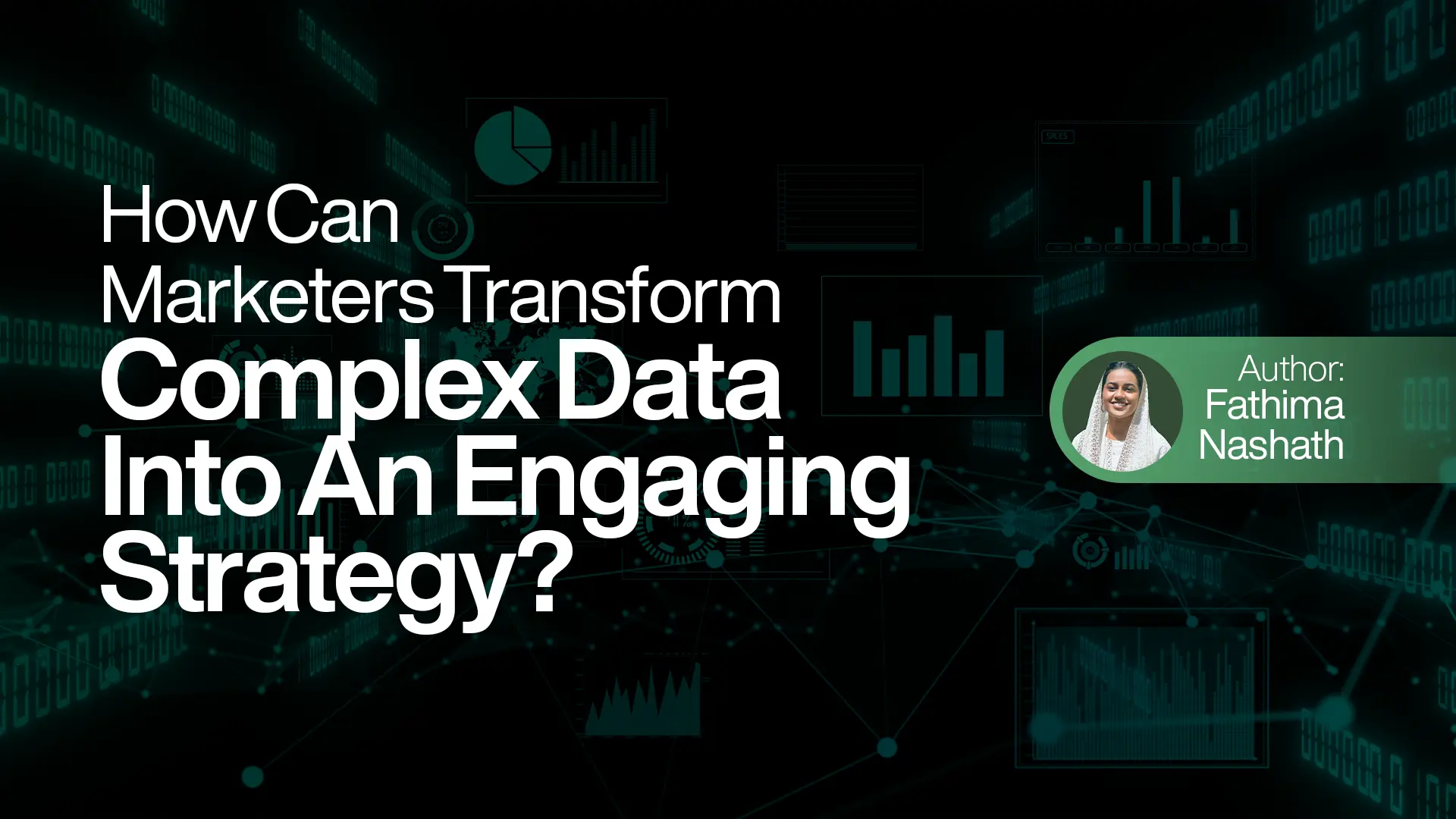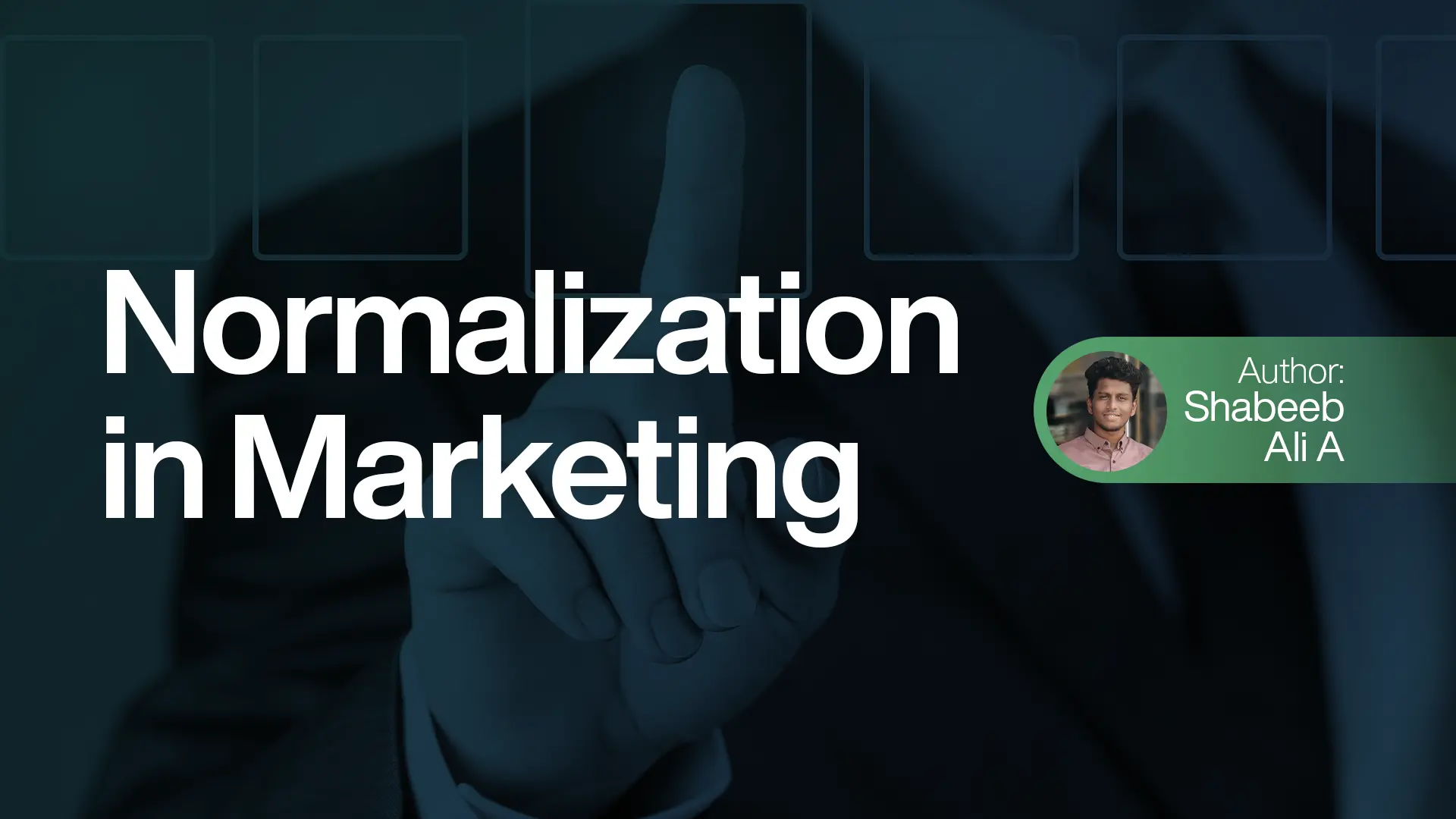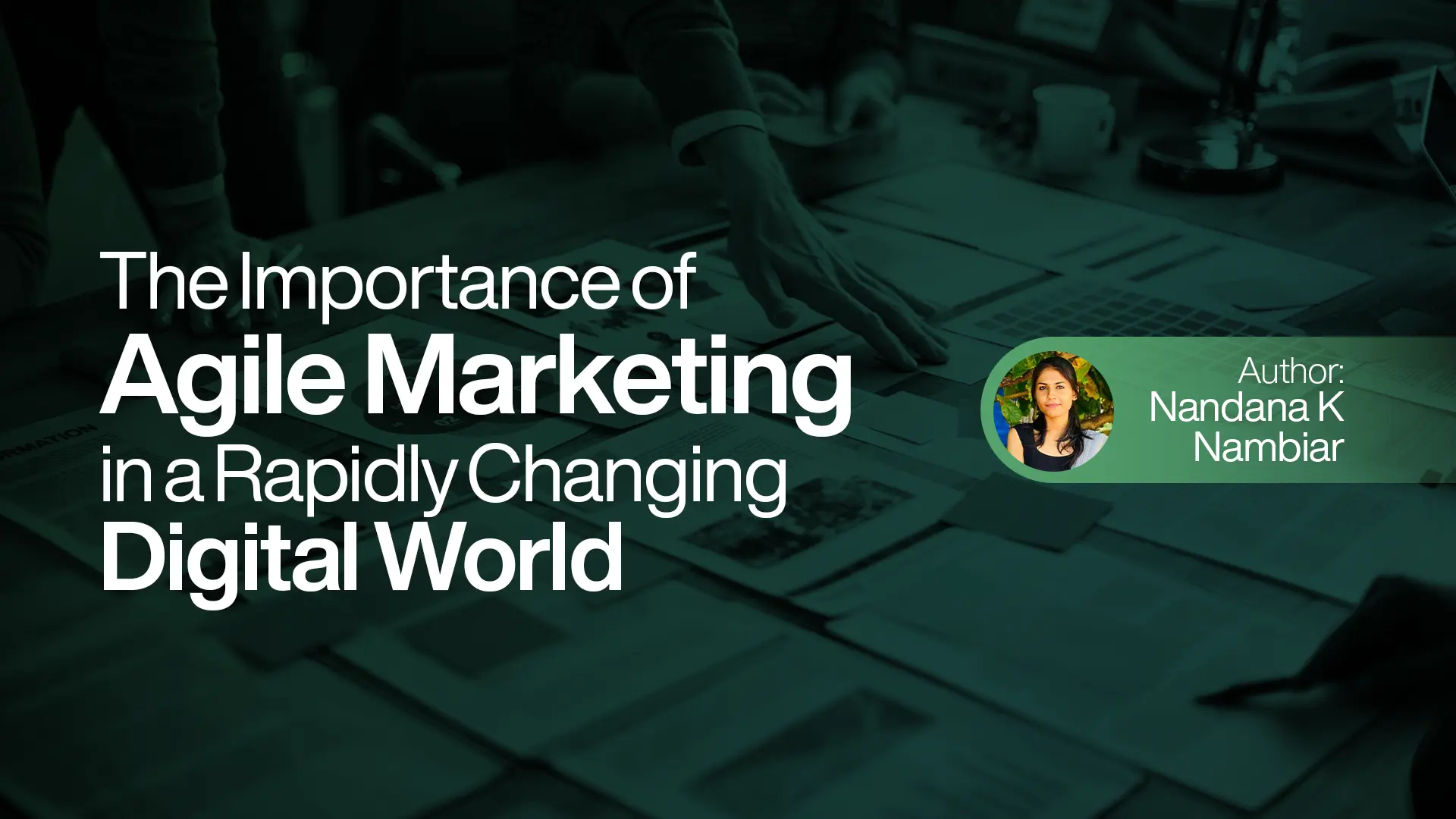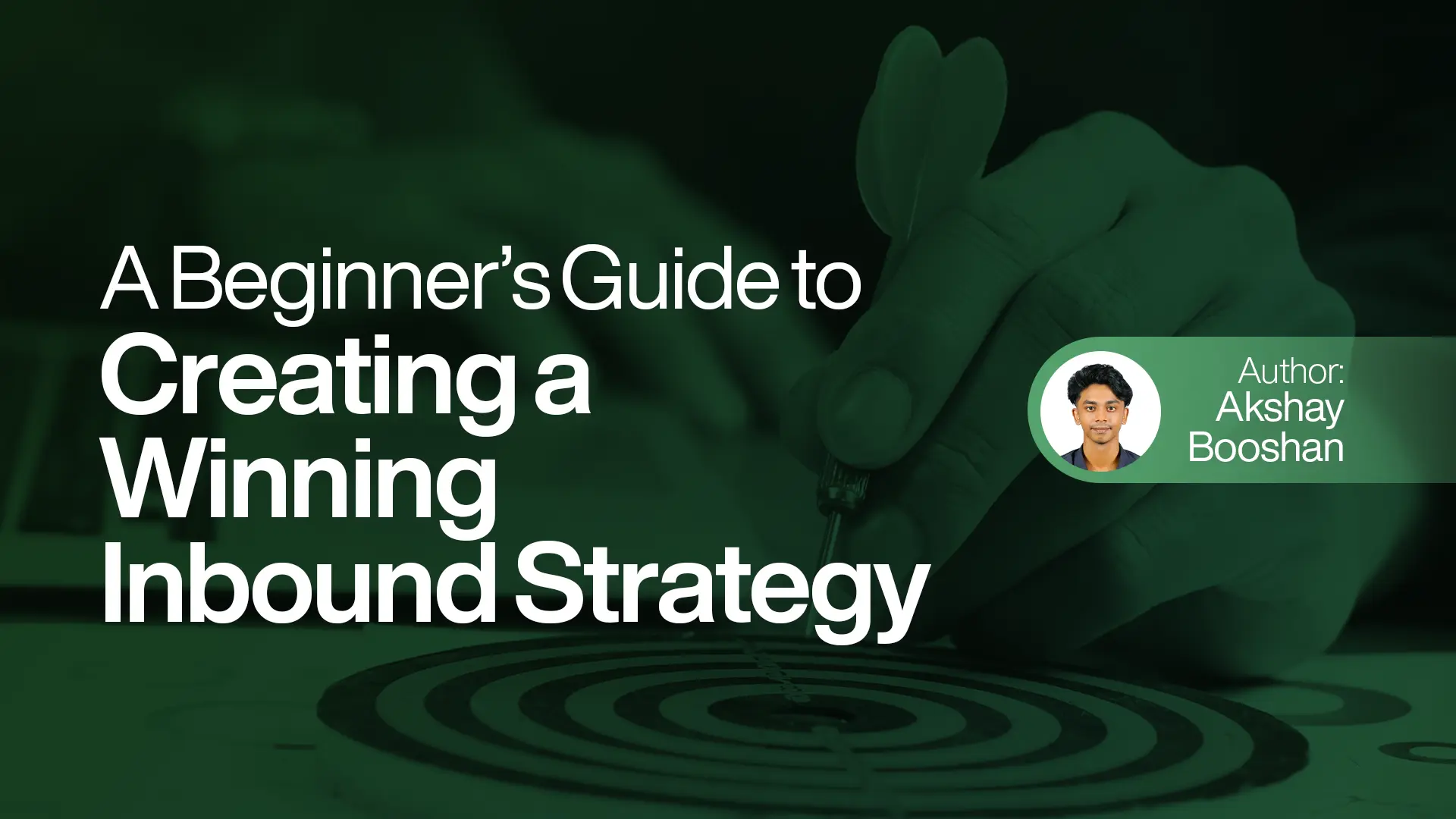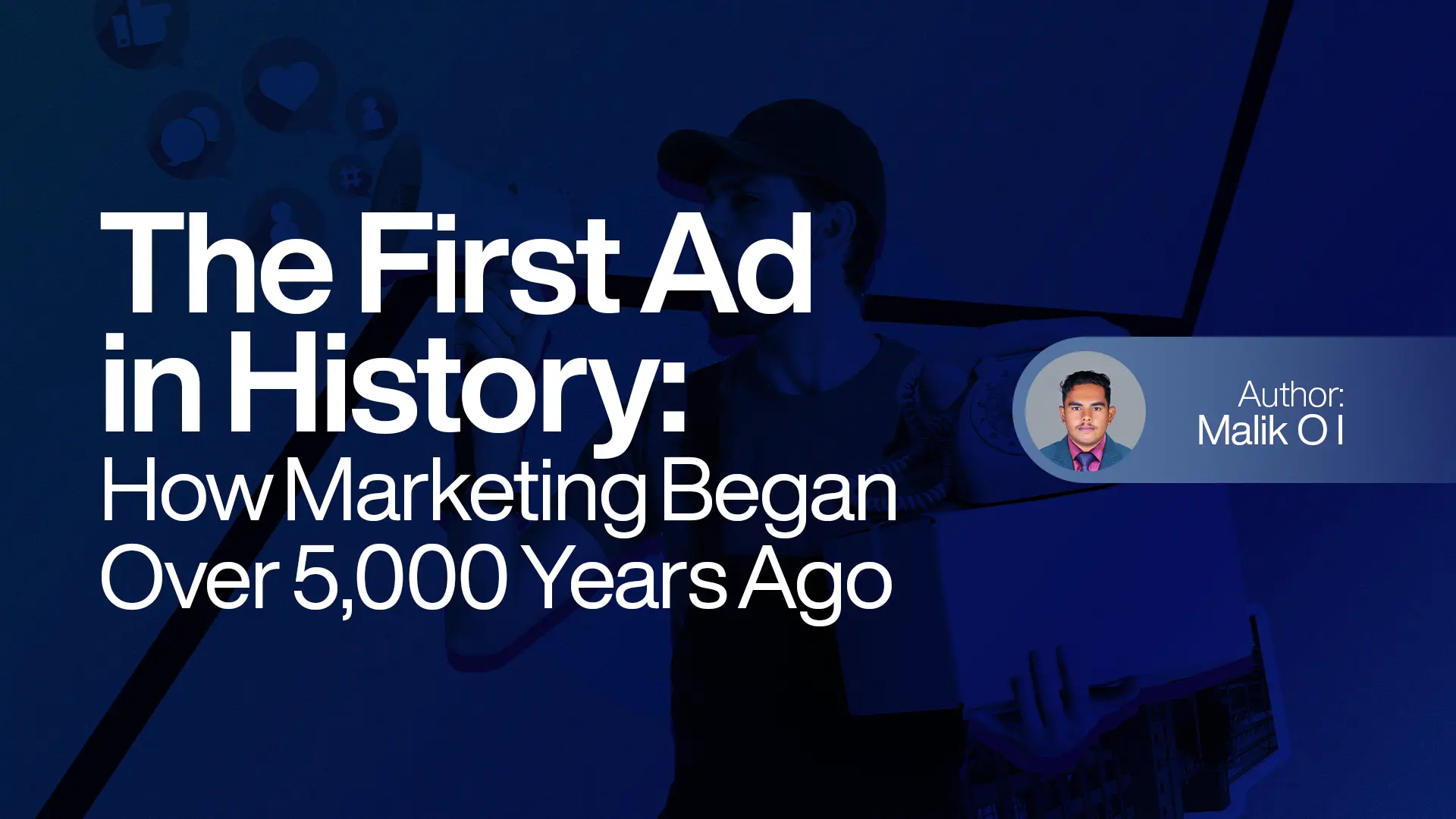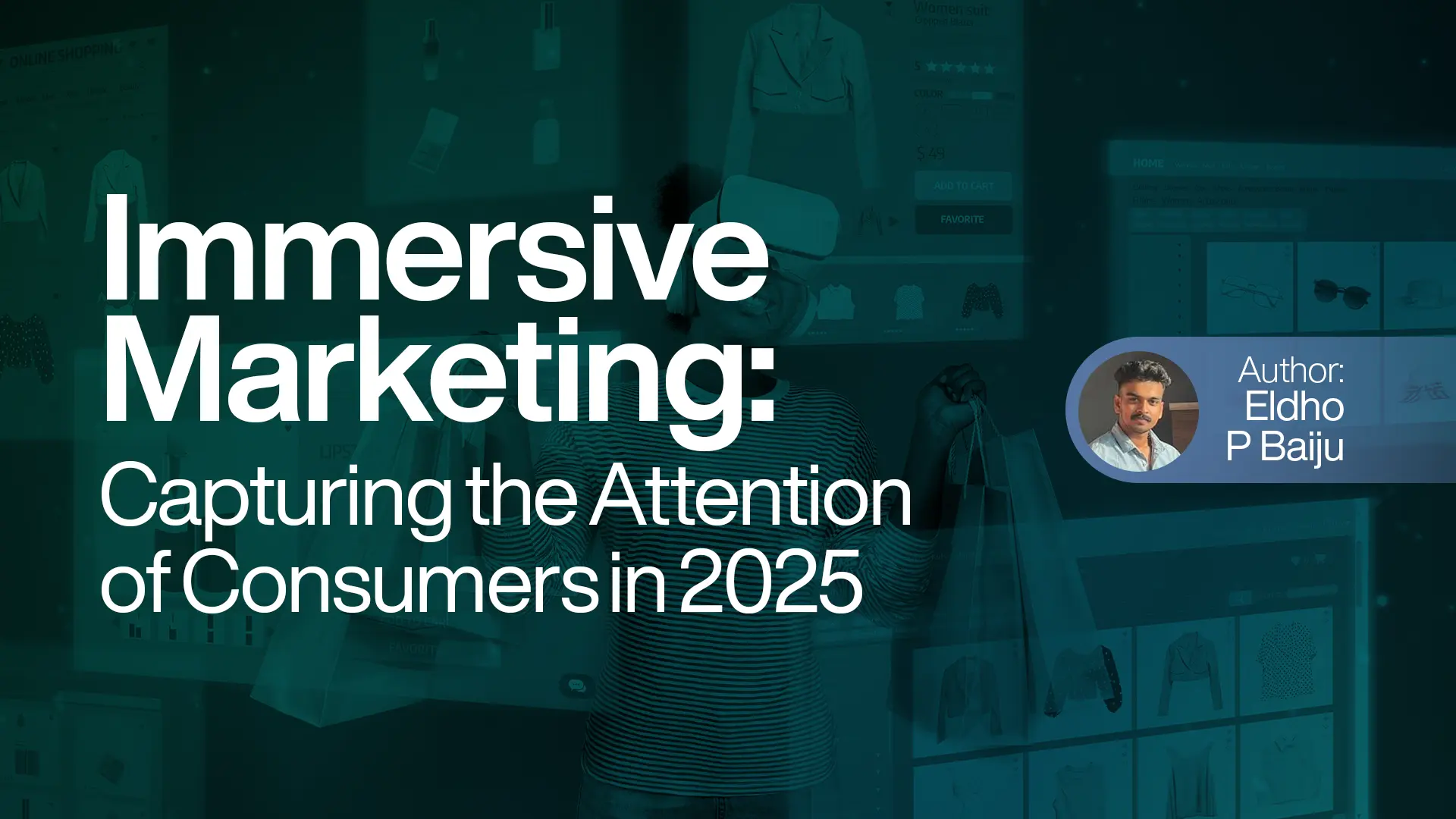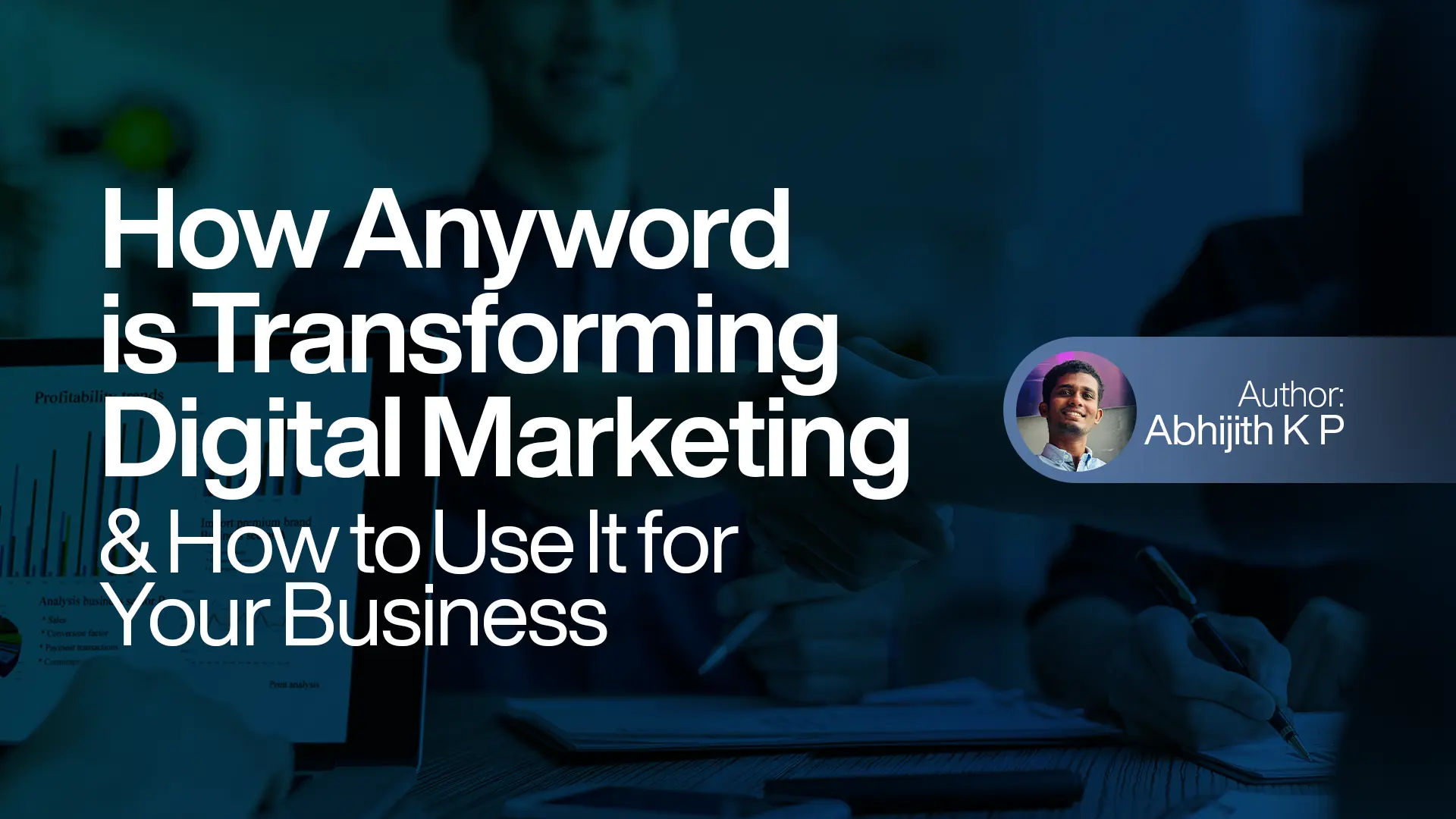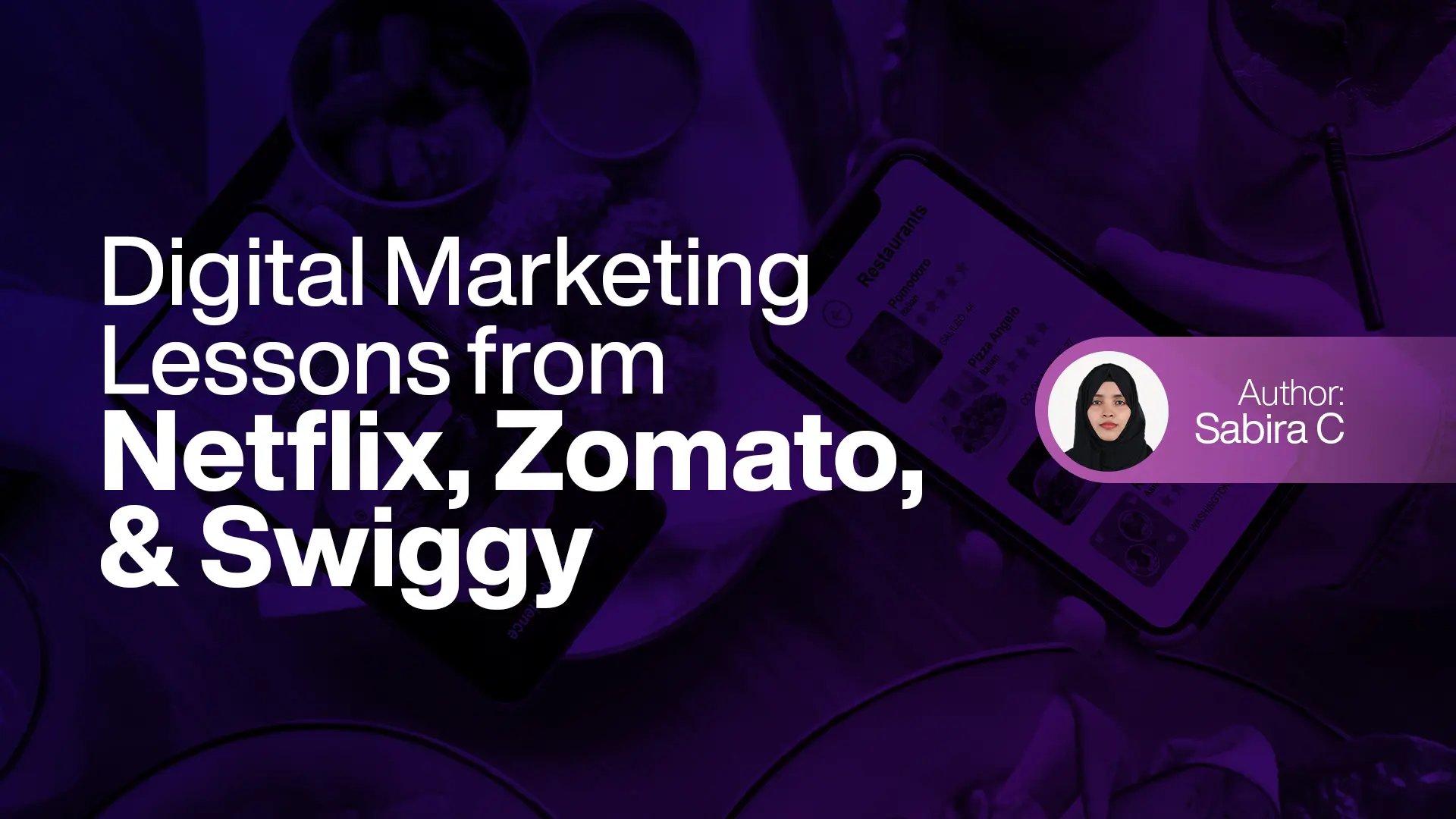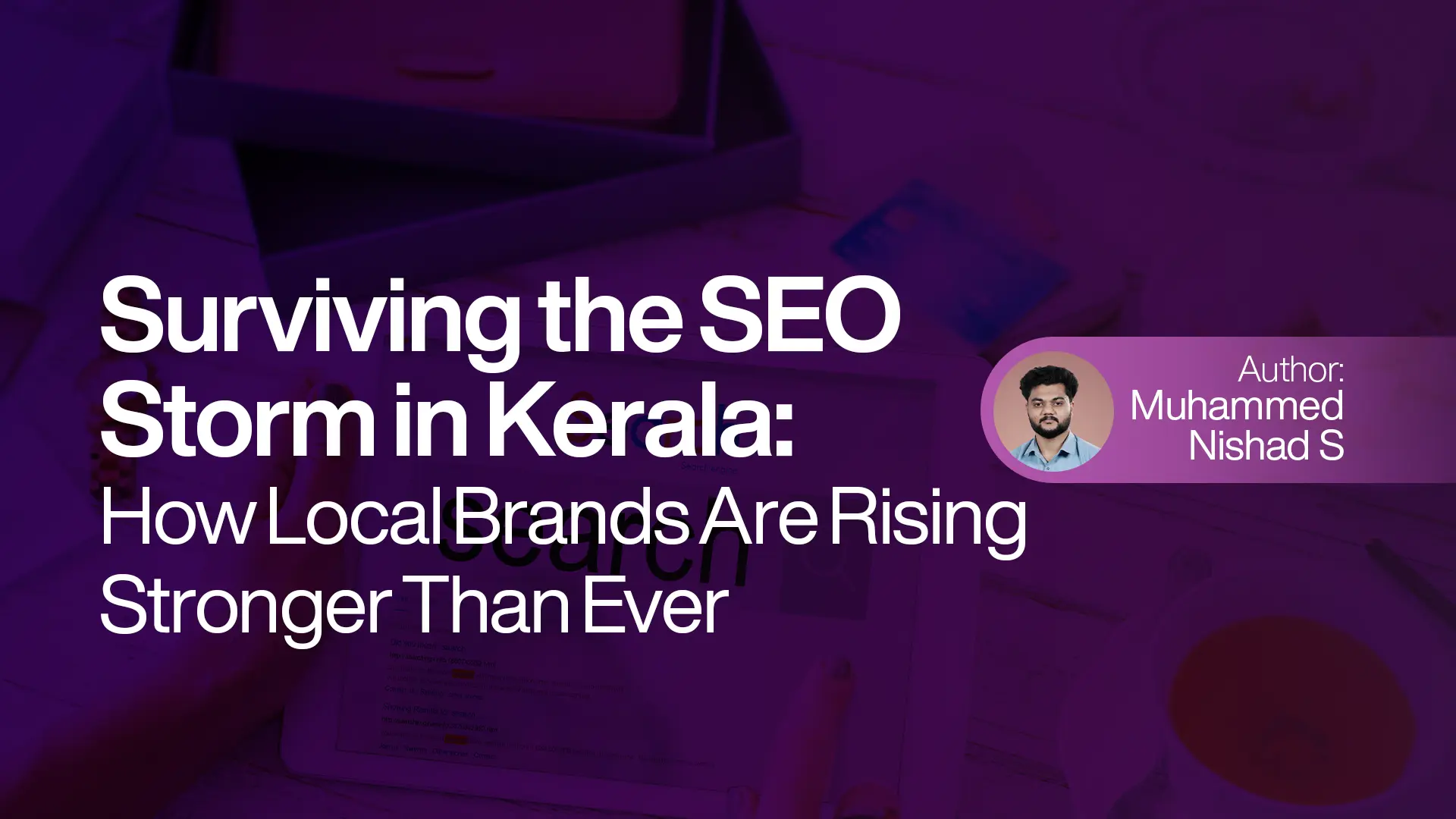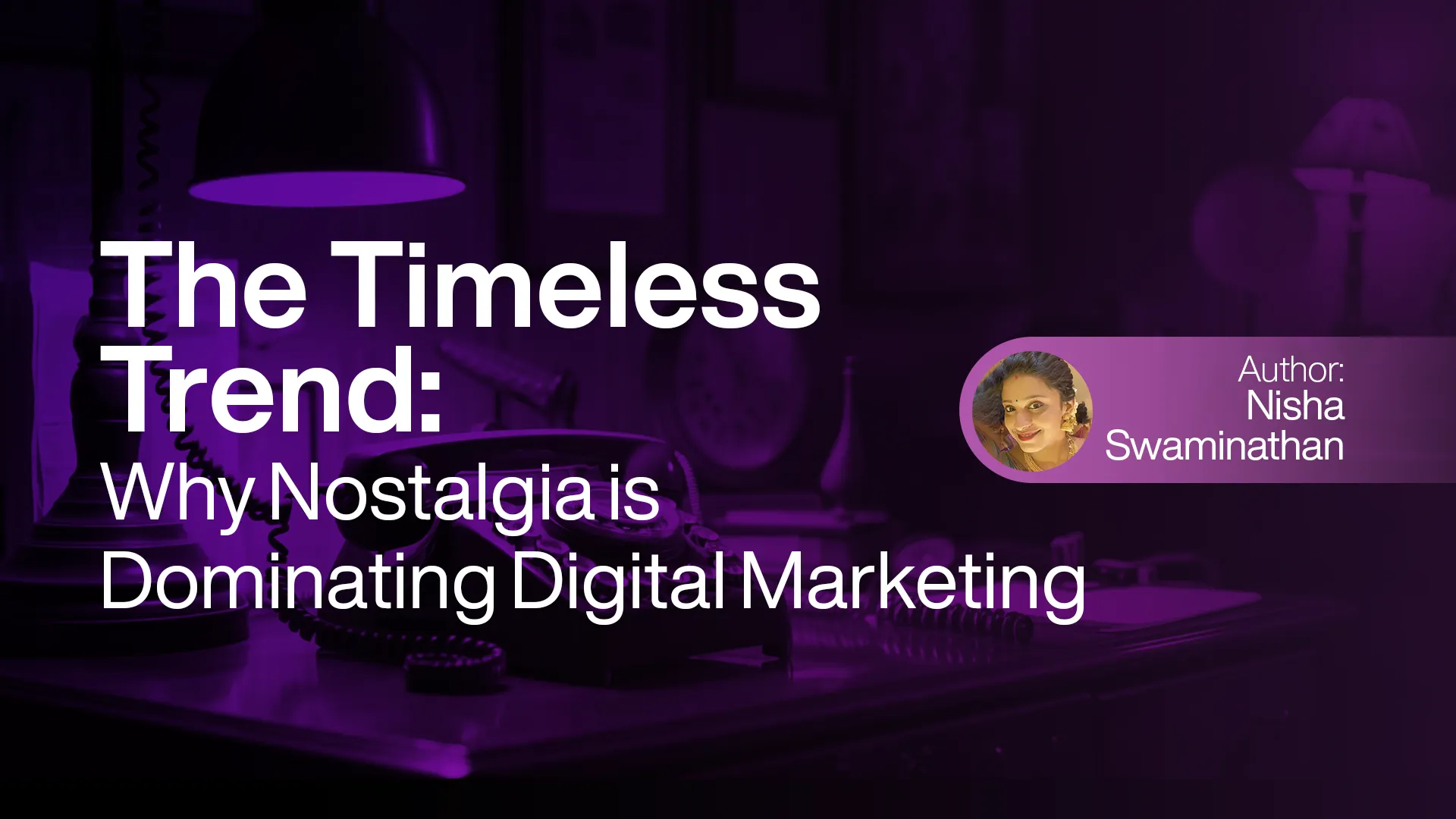Welcome to the New Digital Frontier
Given the widespread use of AI, if you're here, you probably want to know how digital marketing works for different kinds of businesses. You can be an entrepreneur, manager, or someone looking to work with a digital marketing expert. You could be asking yourself, "Does my online store need something different from my consulting firm?" Clearly, the answer is yes. Let's take a humorous look at how e-commerce and service companies need tailored strategies in today's AI-powered world.
E-commerce: Where Every Click Counts
Let's begin with online shopping. Every visitor to your website is a potential consumer if you are an online retailer. The problem is that internet customers are impatient, overloaded with options, and need a customised experience from start to finish. By 2025, AI is more than just a catchphrase; it's the technology behind the most intelligent online retailers.
Let's say you are going shoe shopping. Before you know it, you're getting suggestions on a website that match your size, style, and even your favourite colours. This is artificial intelligence (AI) in action, examining your browser history, previous purchases, and even local trends. Only a small percentage of firms completely utilise the 40% e-commerce revenue gain that AI-driven personalisation may provide.
Yet, customisation is only the first step. AI benefits e-commerce companies by:
Hyper-targeted ads: To make the most of every ad dollar, platforms like Facebook and Google use artificial intelligence (AI) to display your items to the right people at the right time.
Dynamic pricing: AI keeps you profitable and competitive by dynamically modifying prices according to demand, competition, and even the time of day.
Intelligent automation: AI handles monotonous jobs, such as inventory control and reminding customers about abandoned carts, so you may concentrate on expansion.
Chatbots that are available around-the-clock: No more lost purchases due to a customer's question at midnight. Bots driven by AI answer questions and direct customers to the checkout.
The outcome? E-commerce companies are able to provide smooth, customised, and effective purchasing experiences that encourage repeat business.
Service Brands: Building Trust in a Digital World
Let's now discuss service-based companies, including agencies, consultants, medical facilities, and more. This "product" cannot be placed in a shopping cart. You are marketing knowledge, dependability, and outcomes. It takes longer to convert, and trust is crucial.
>For service brands, digital marketing is a marathon, not a sprint. AI helps in a different way:
>Intelligent lead generation: AI determines your ideal customers by analysing data and even forecasts who is most likely to require your services in the near future.
>Content personalisation: Depending on each visitor's preferences and decision-making stage, AI recommends the appropriate blog post, case study, or video in place of products.
>Automated scheduling: By enabling prospects to schedule calls or appointments whenever it is most convenient for them, AI-powered solutions lower friction and increase conversions.
>Reputation management: AI can keep an eye on social media mentions and reviews, enabling you to reply promptly and preserve the legitimacy of your brand.
>Relationships are what service brands thrive on. By automating repetitive processes and highlighting the most promising leads, artificial intelligence (AI) frees up your time for high-touch, human interactions.
AI: The Great Equalizer (and Differentiator)
The intriguing part is that while AI is making e-commerce and service firms smarter, each uses it differently. AI is used by e-commerce companies to produce immediate, customised buying experiences. Over time, service brands use it to cultivate leads and establish credibility.
But the overlap is getting wider. E-commerce sites are investing in content and community, while service brands are deploying chatbots and expedited booking.
The Human Touch Still Matters
While AI is revolutionising digital marketing, it cannot replace human connection, empathy, or inventiveness. People want to feel appreciated and understood, whether you're selling trainers or offering advice. Brands that use technology to improve, not replace, the human experience are the ones who succeed.
Let's discuss how we can create a plan that suits your brand, whether it be a product, service, or something else entirely, if you're prepared to advance your digital strategy. Success in the AI era is more than just being up to date. It's about leading with data, passion, and a little bit of originality.
Author Info
Fathima Sahla V, a Best digital marketing consultant in Malappuram.
Learner of CDA Digital Marketing Training Institute in Calicut.



